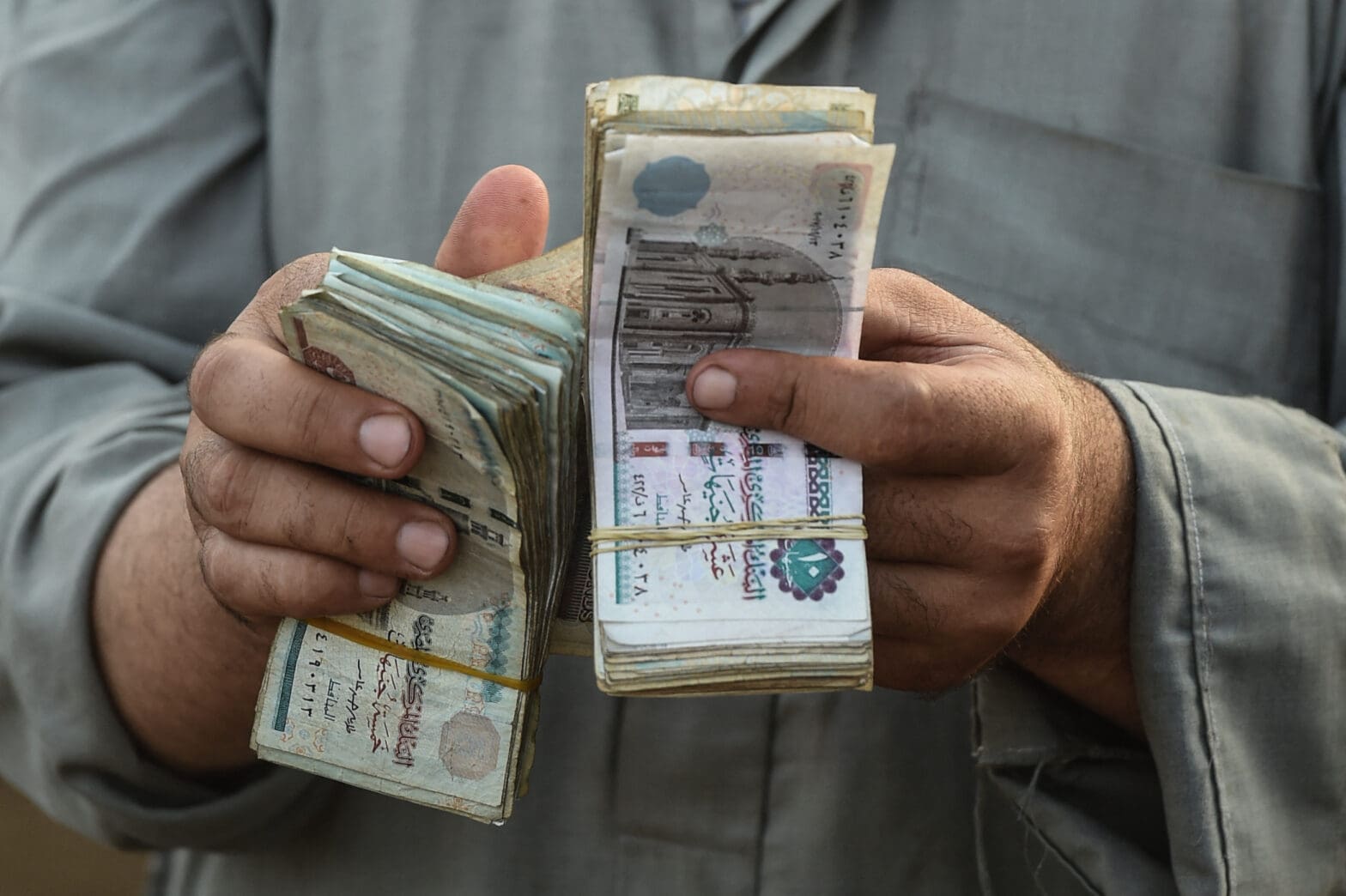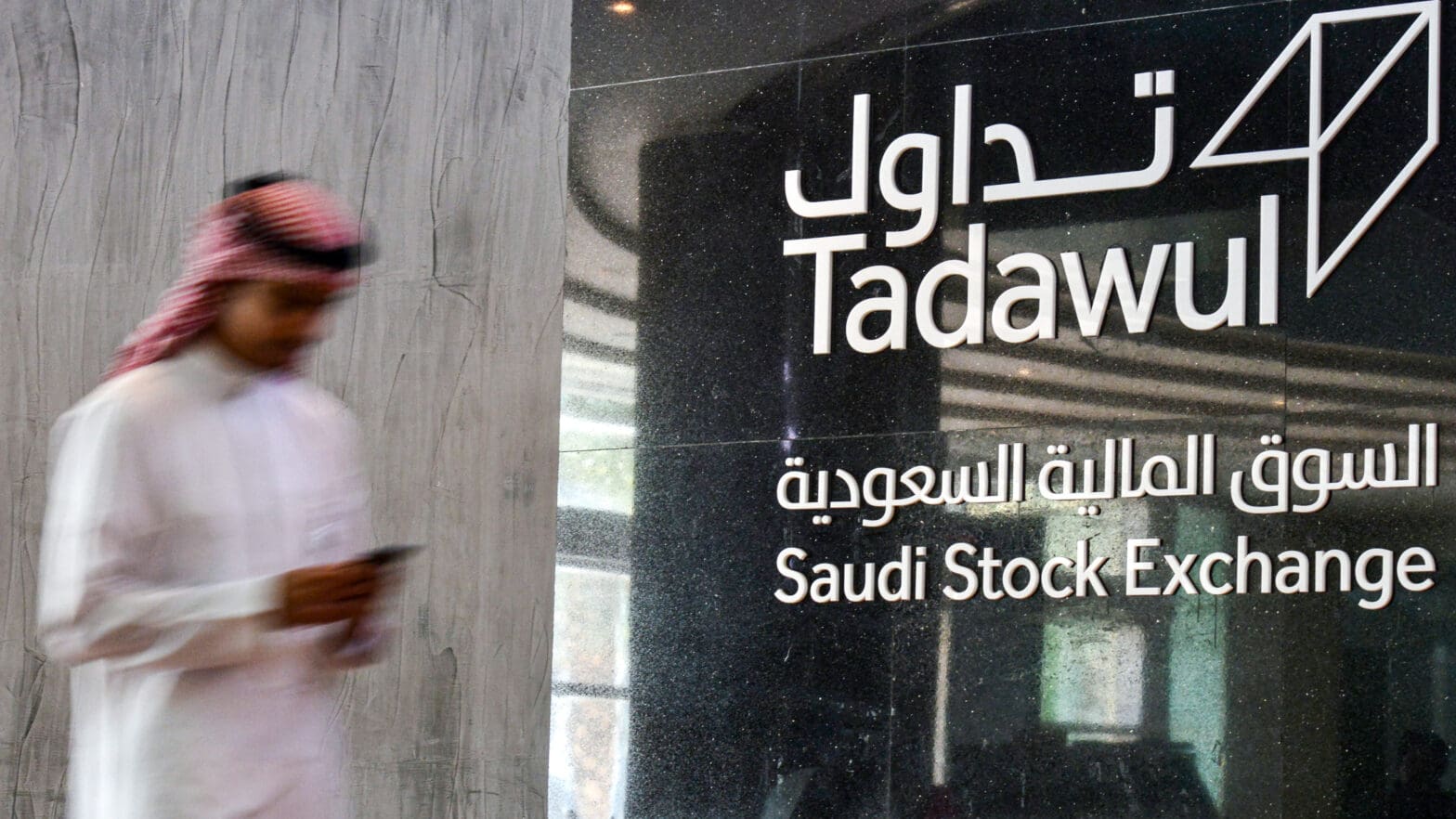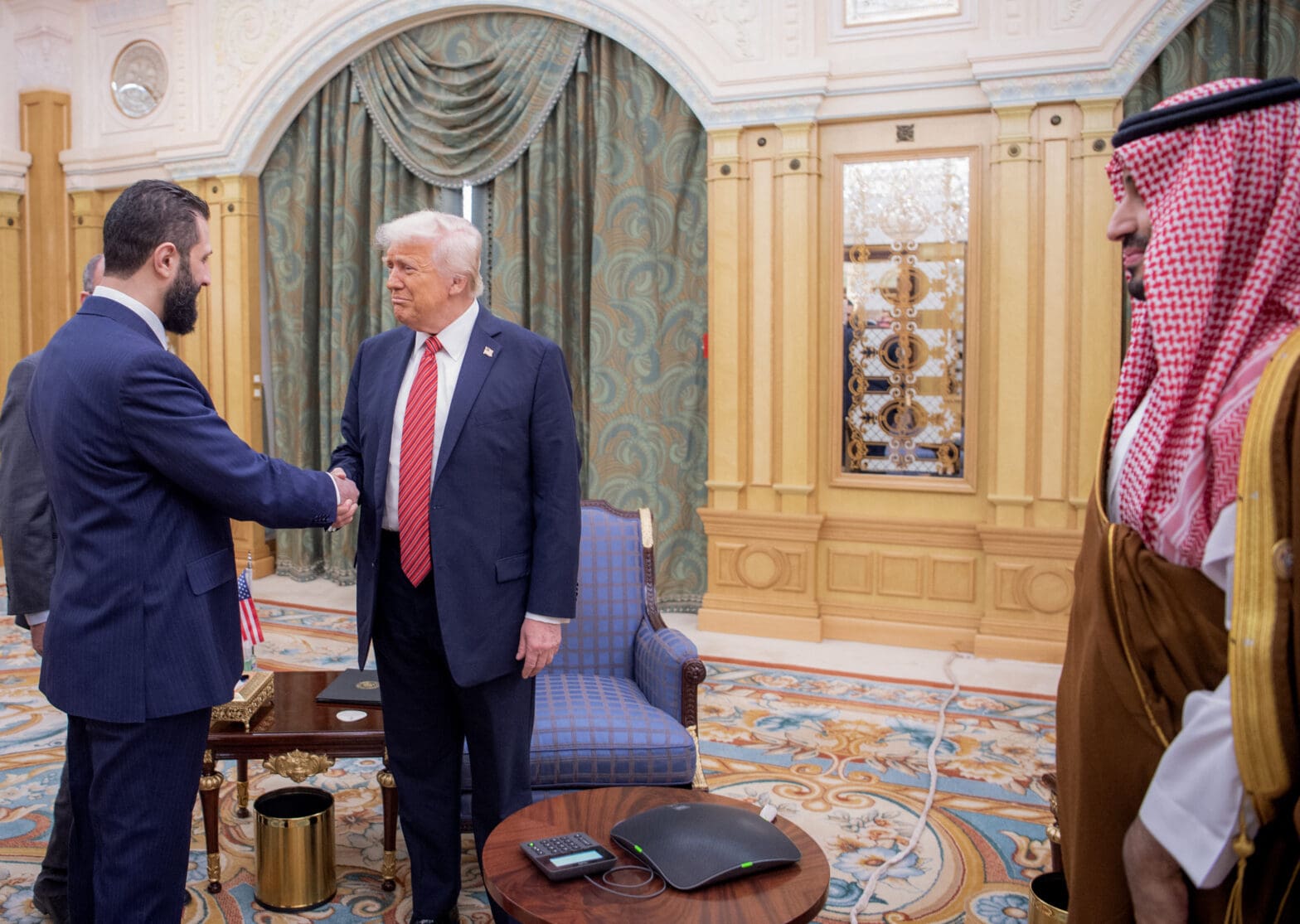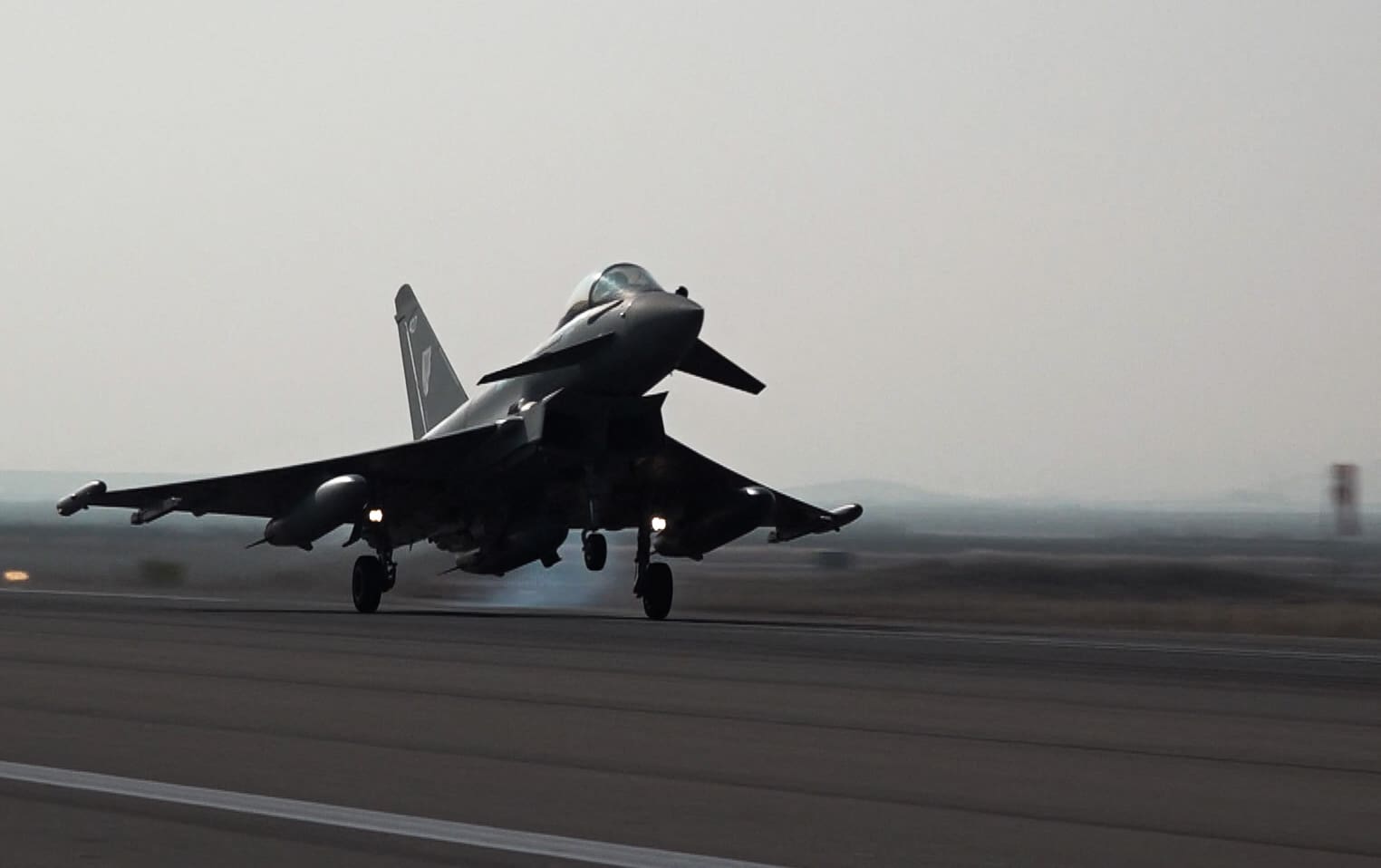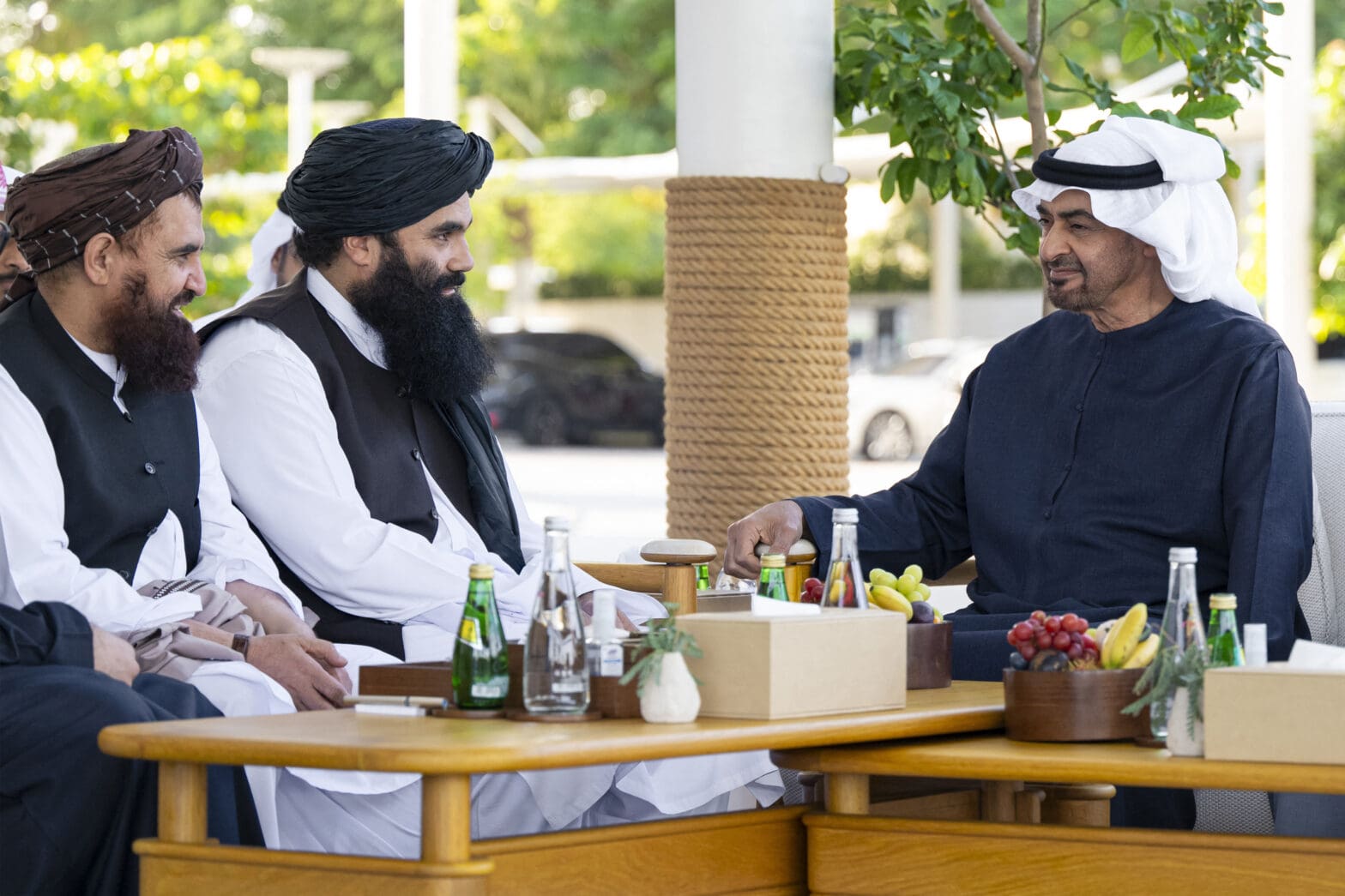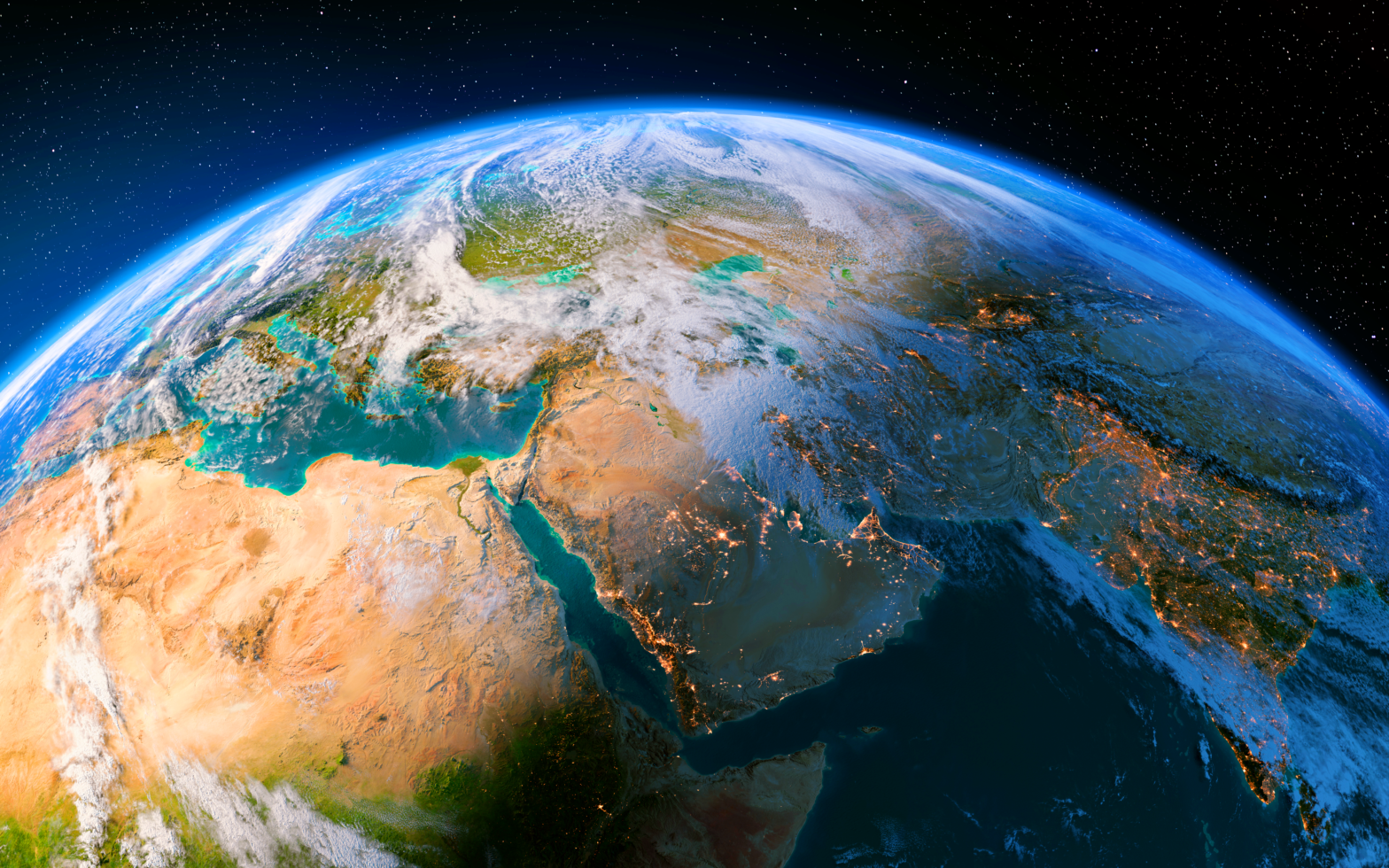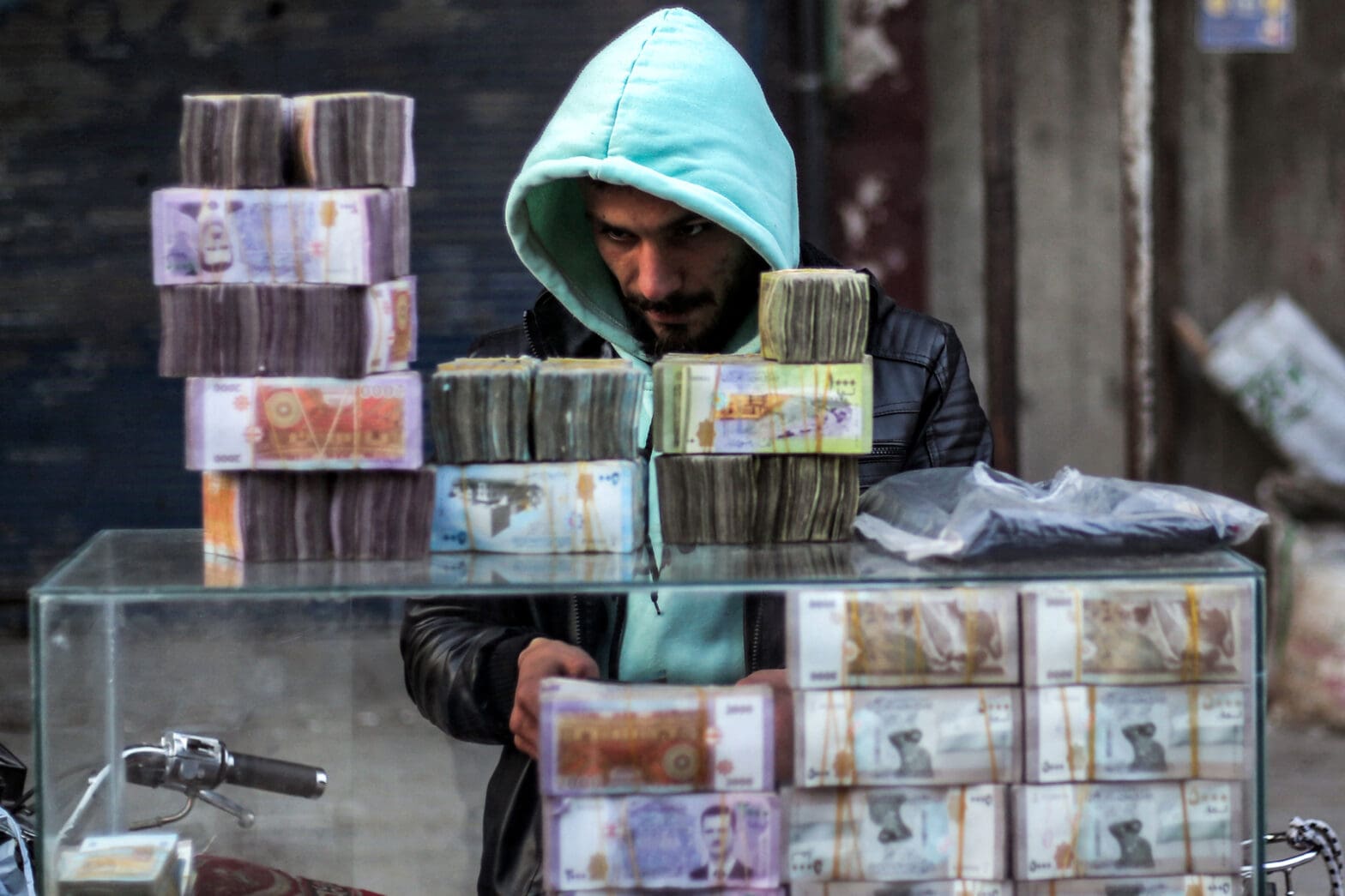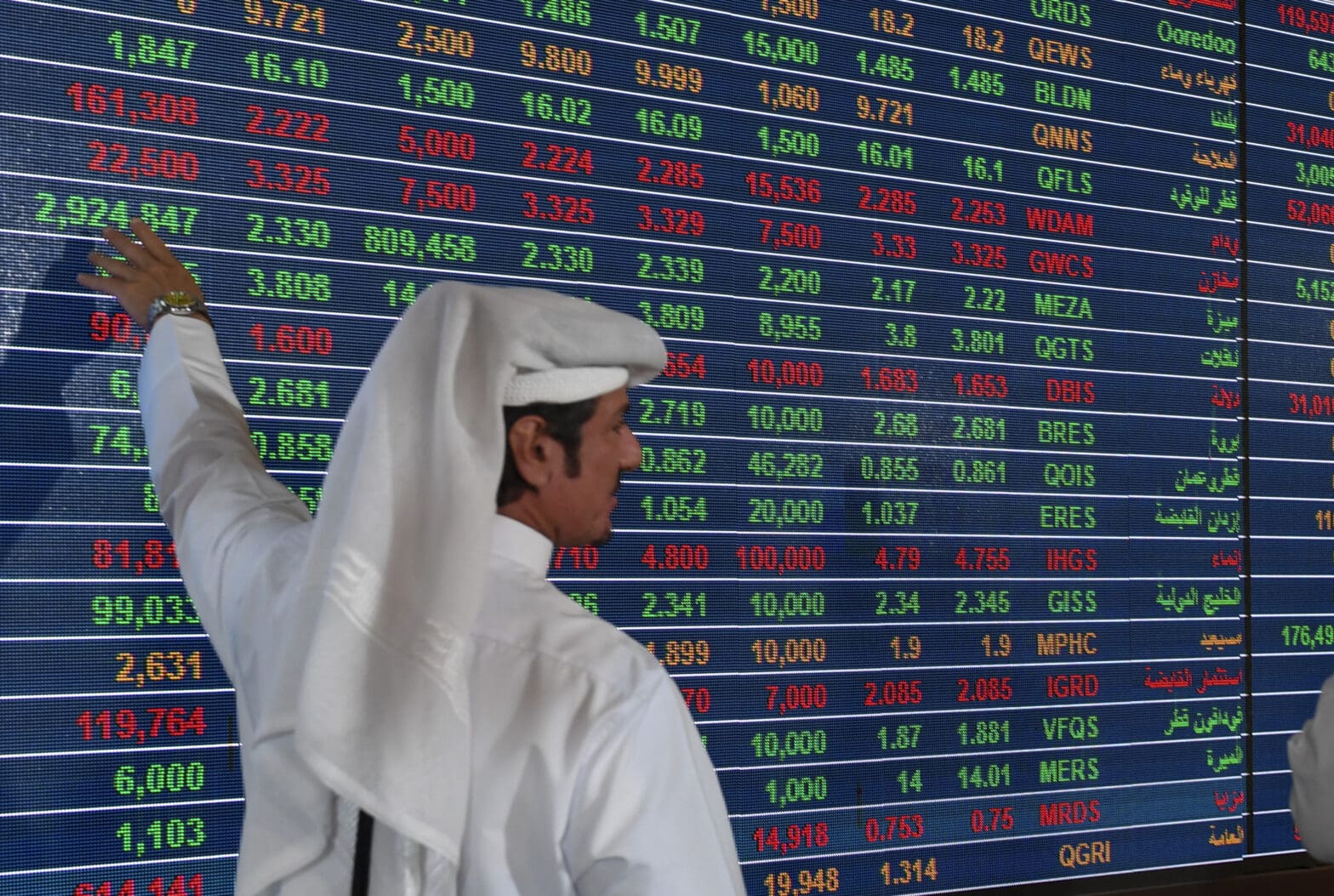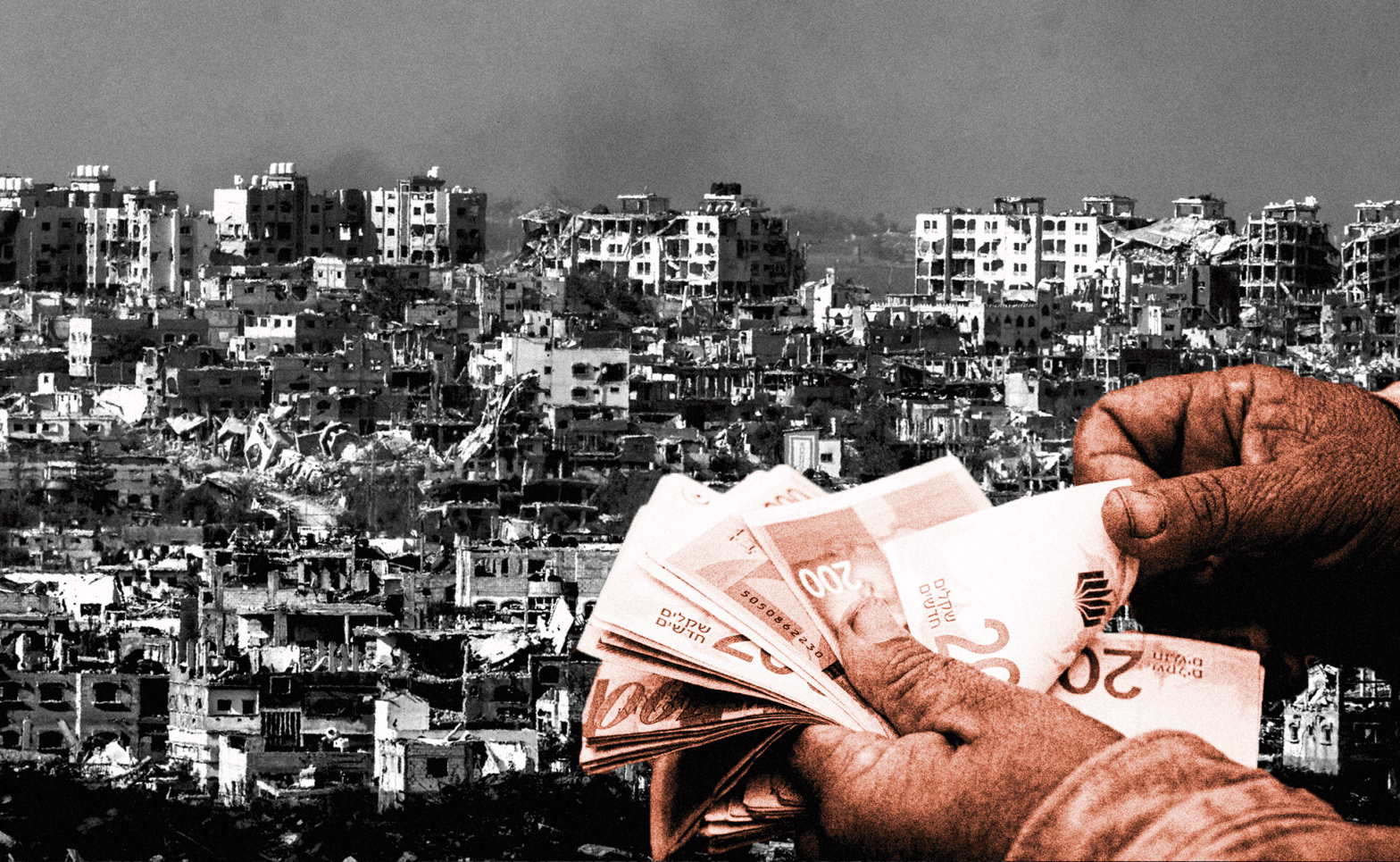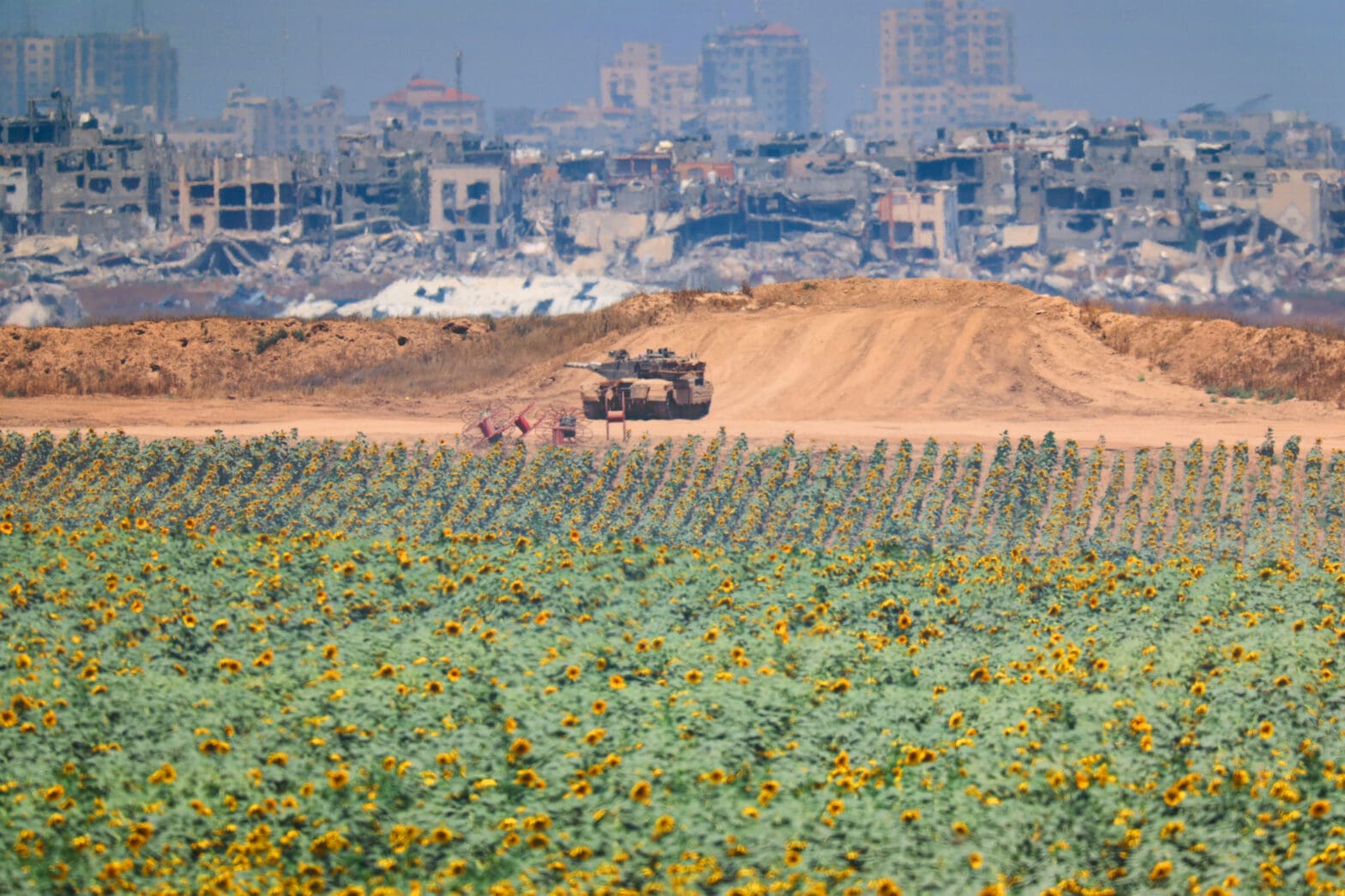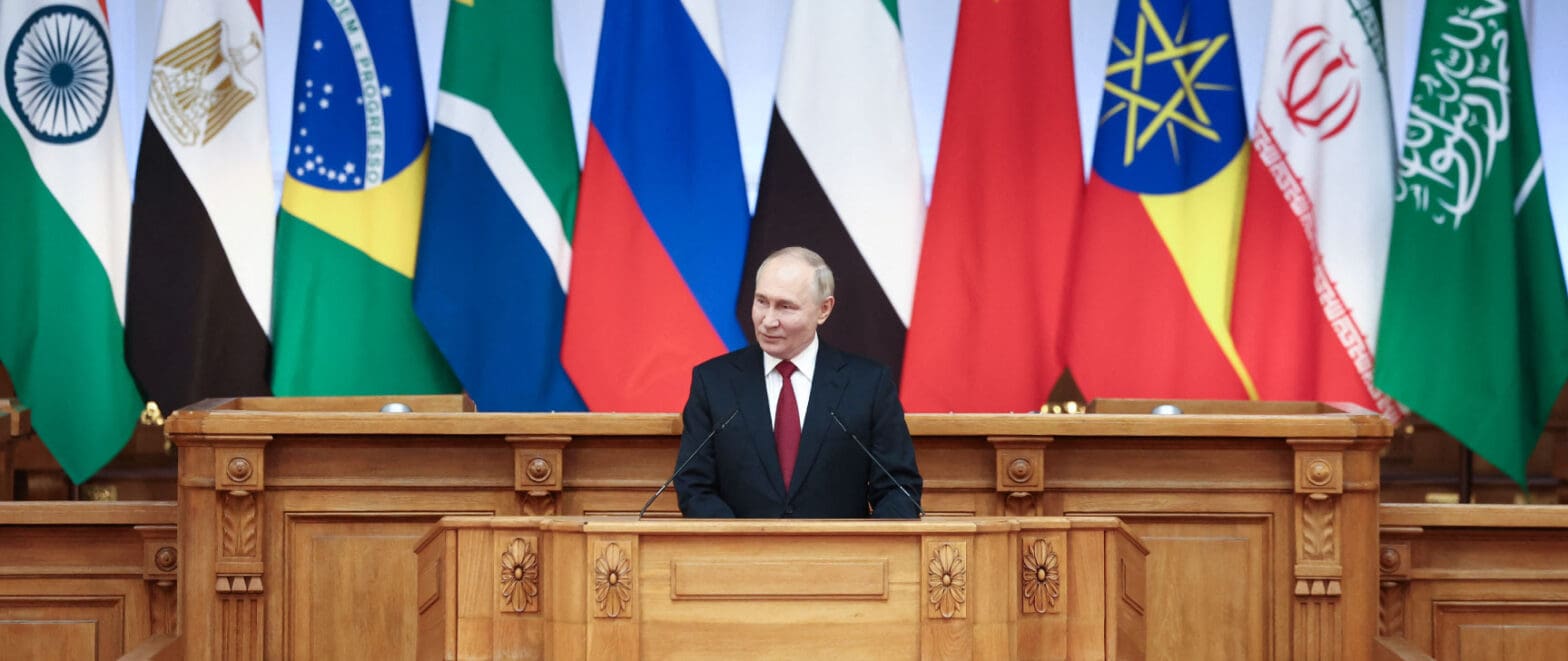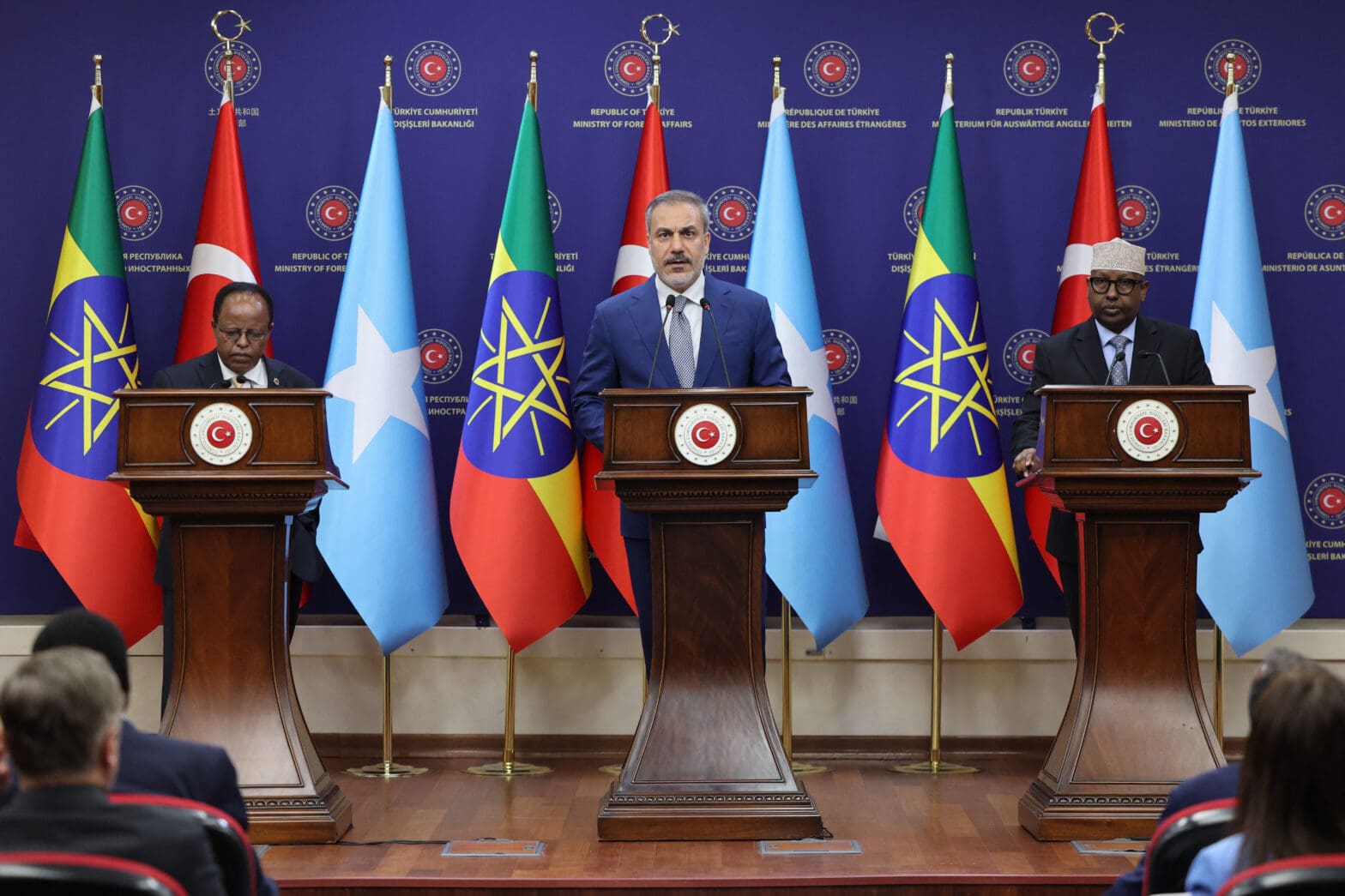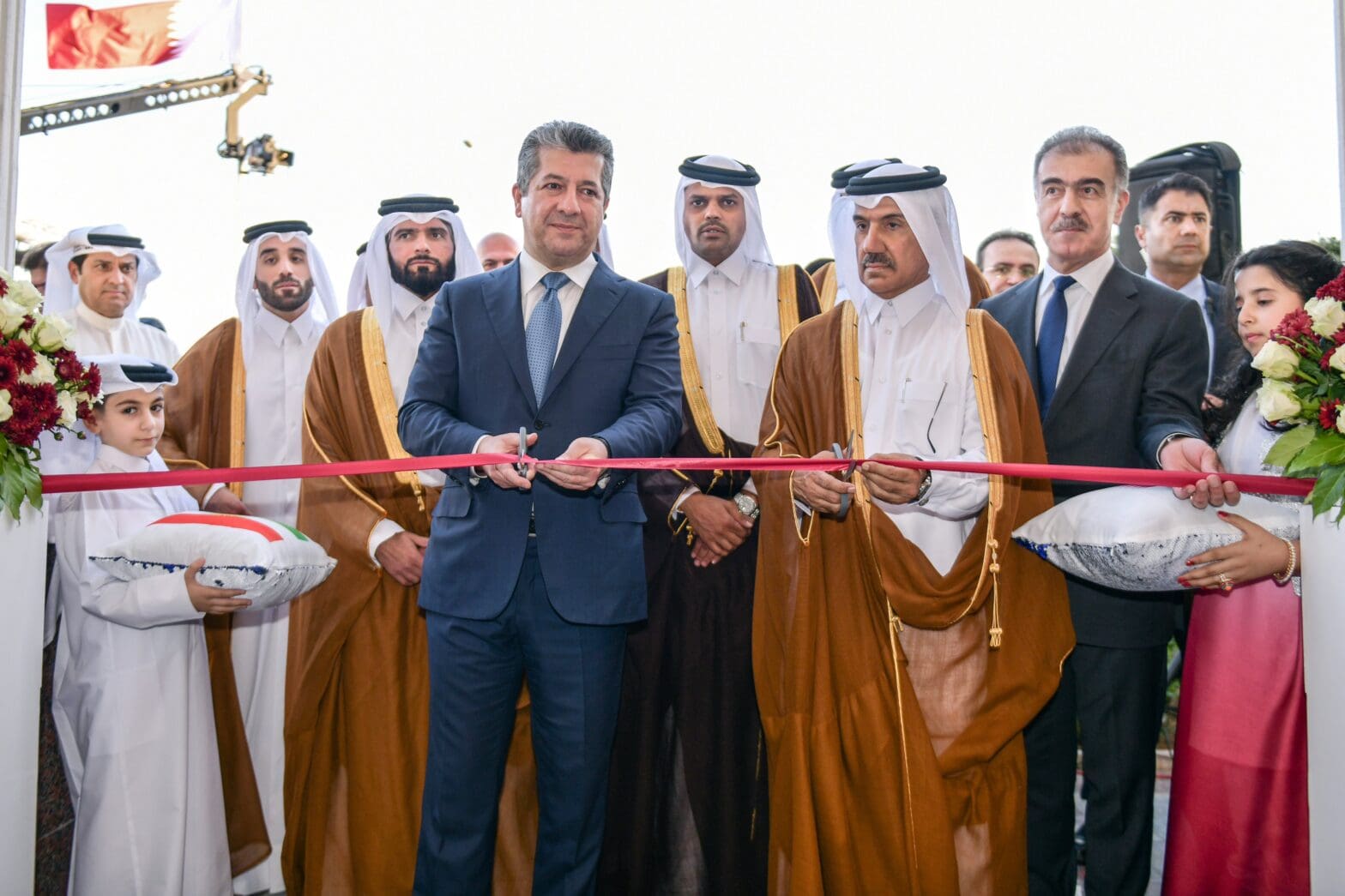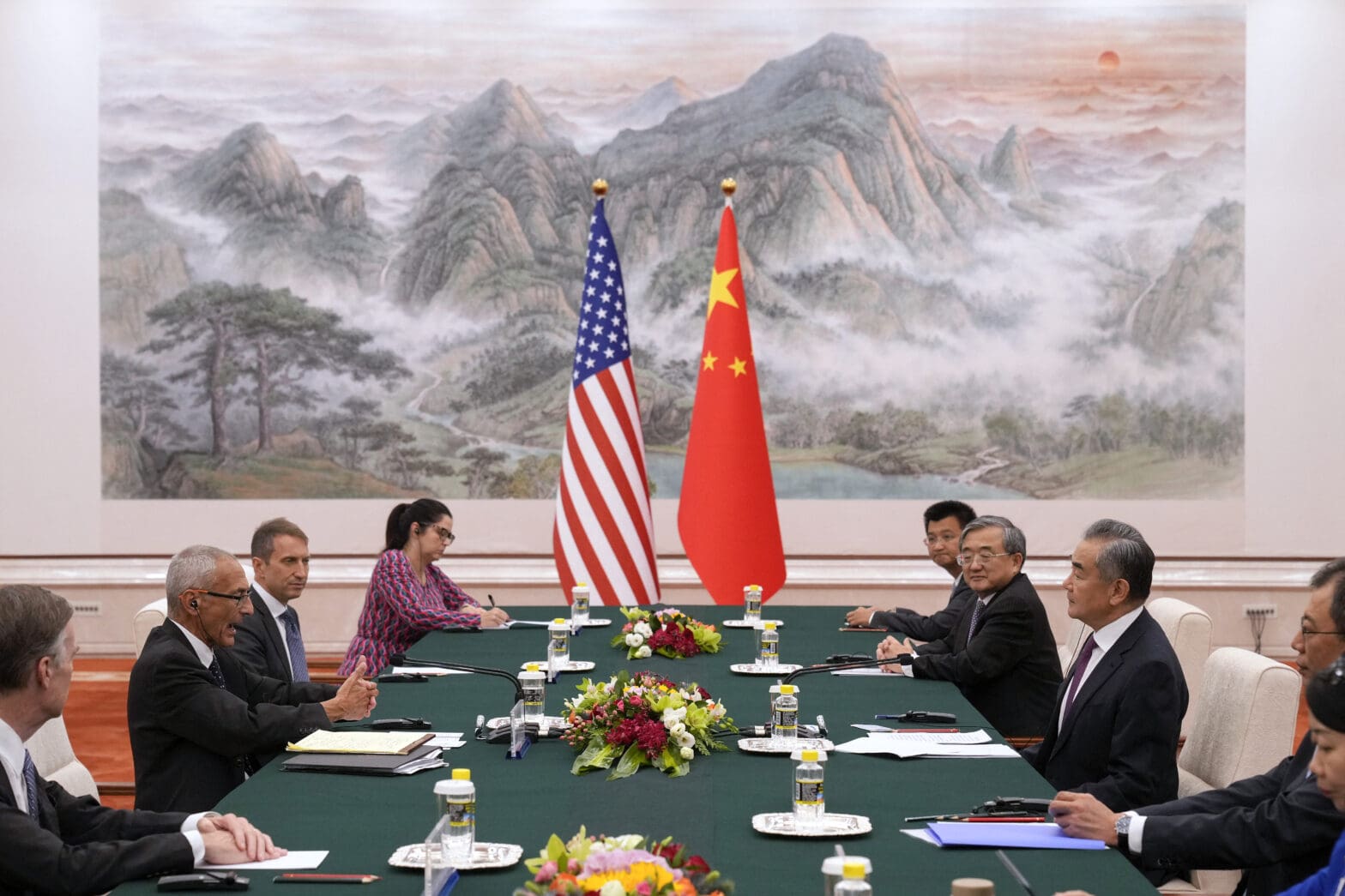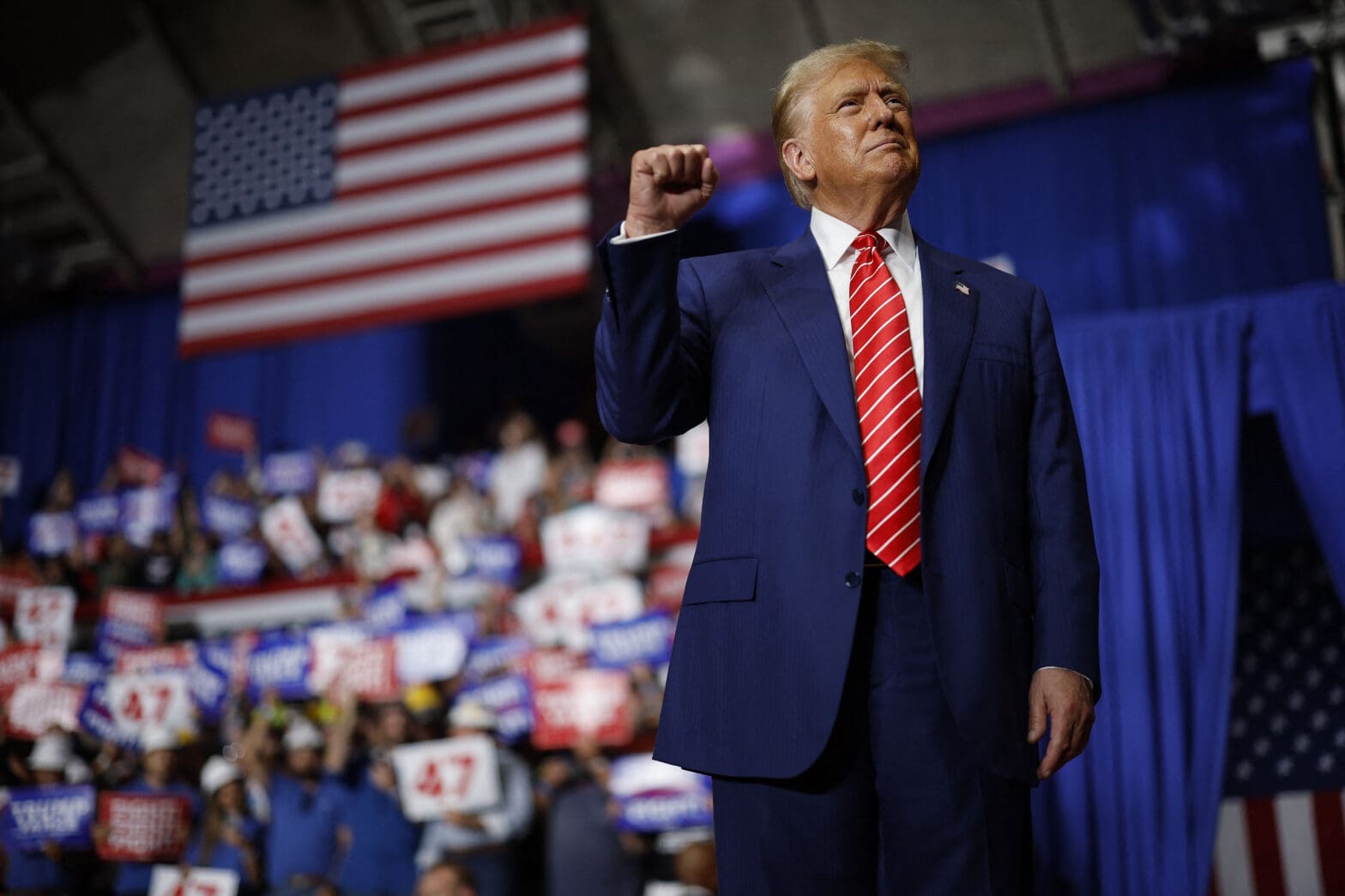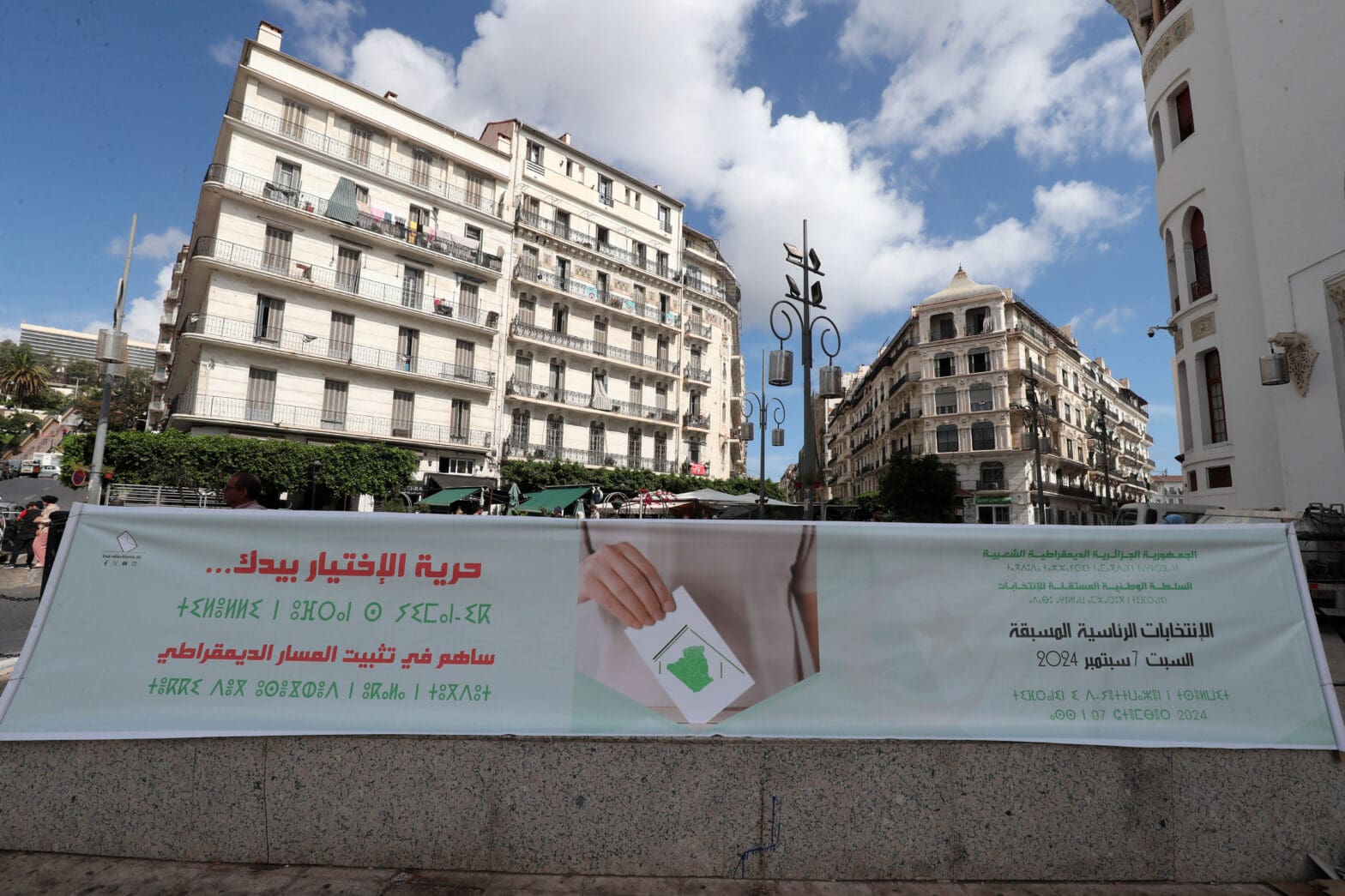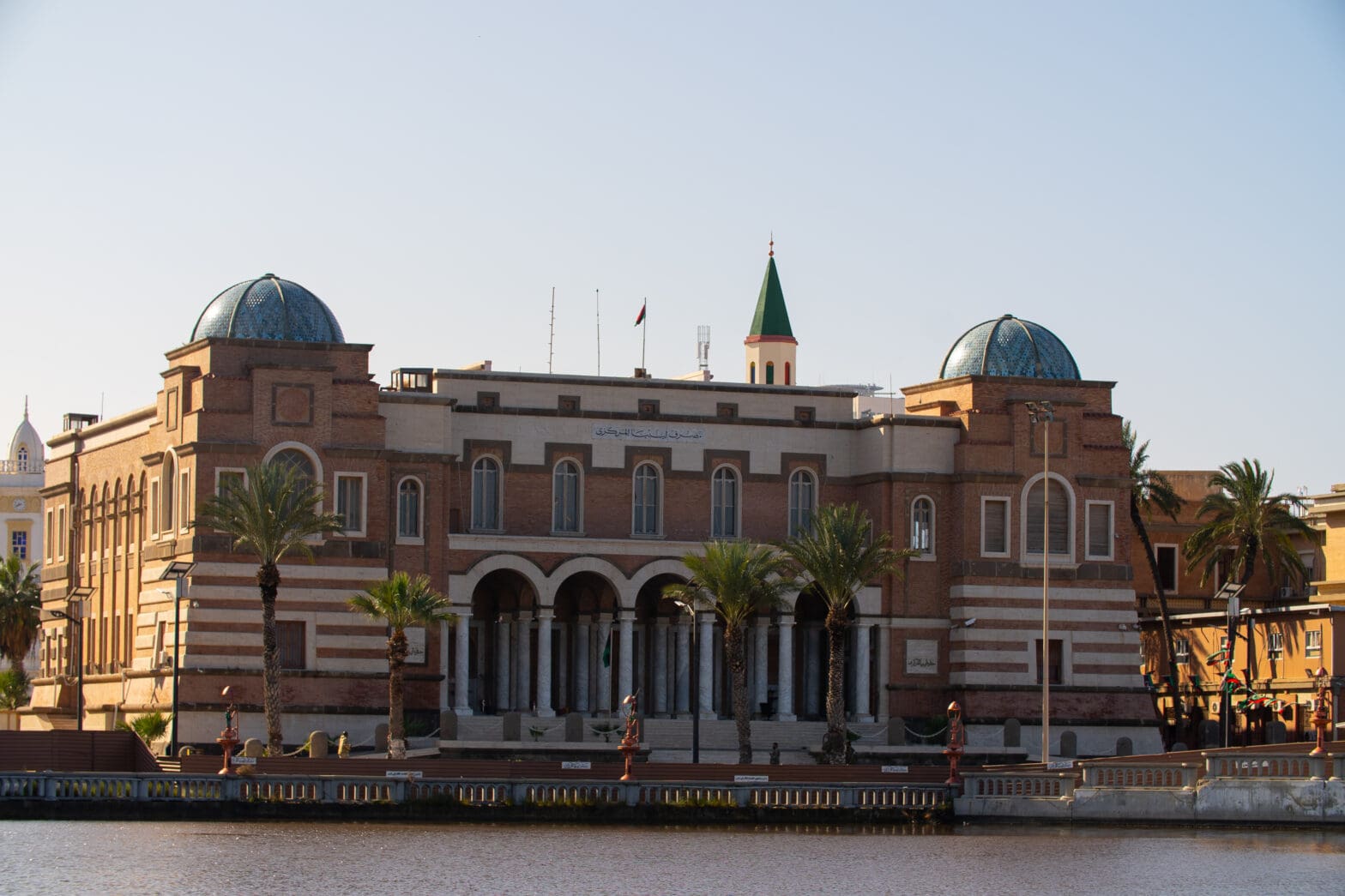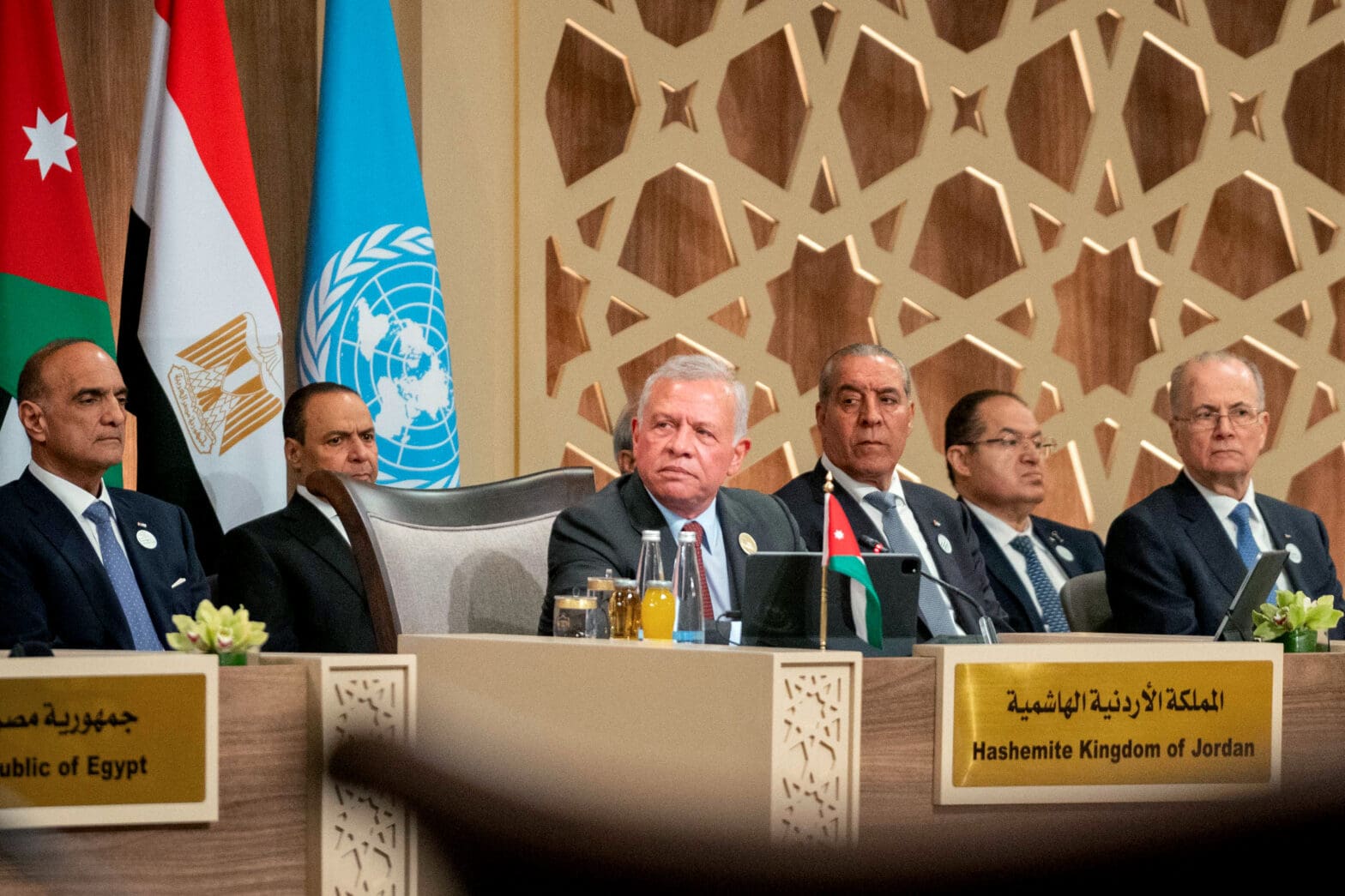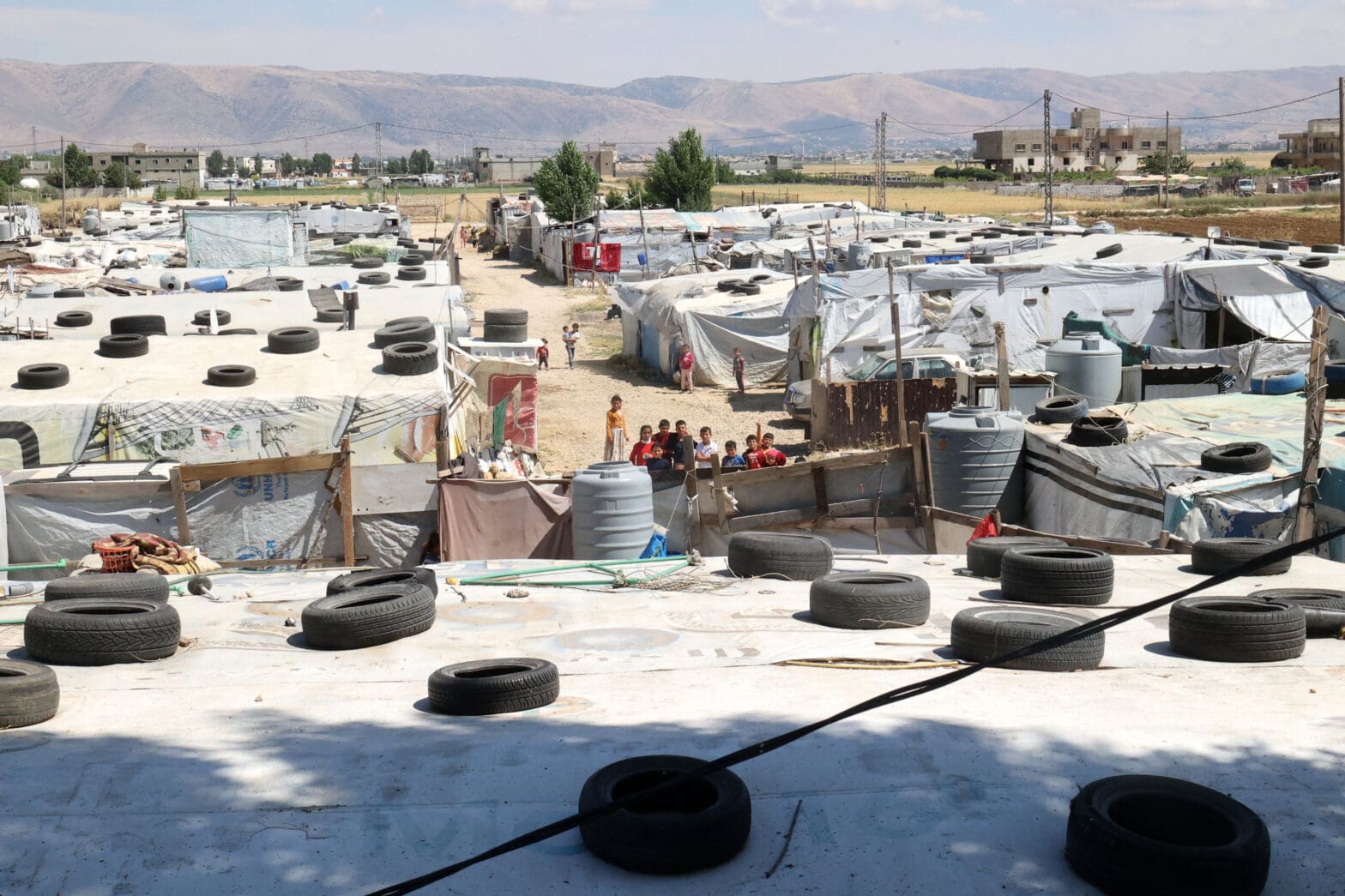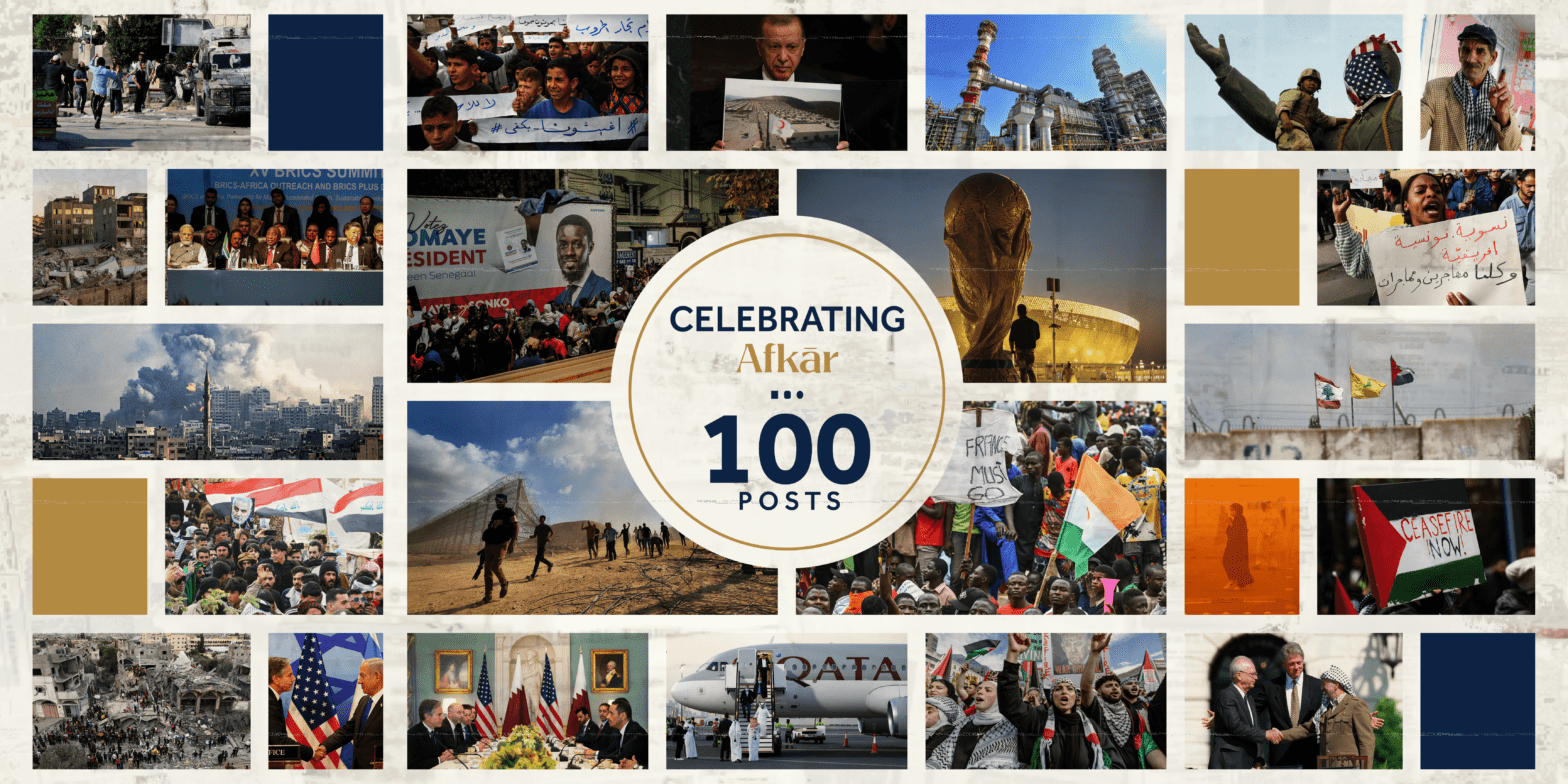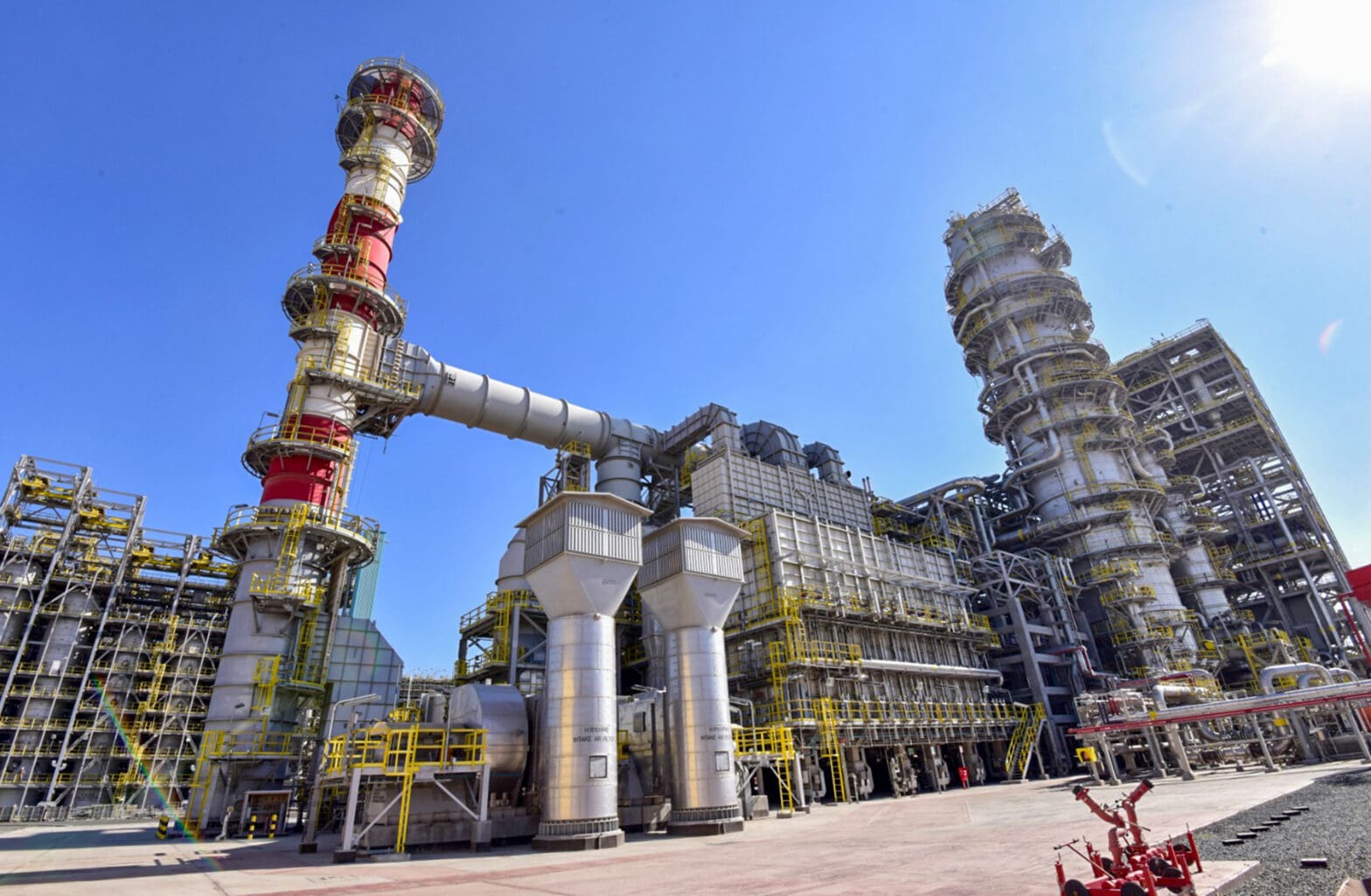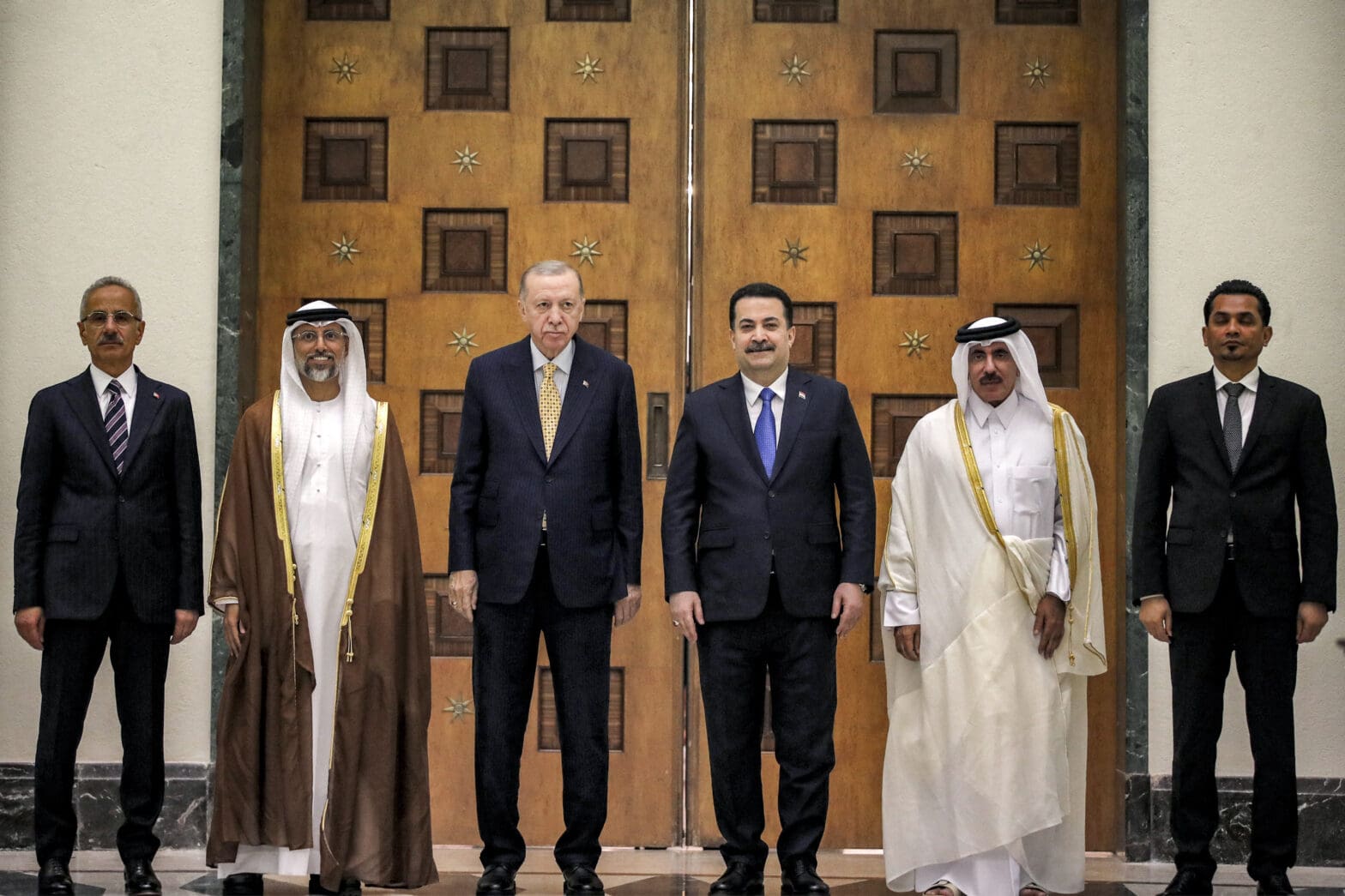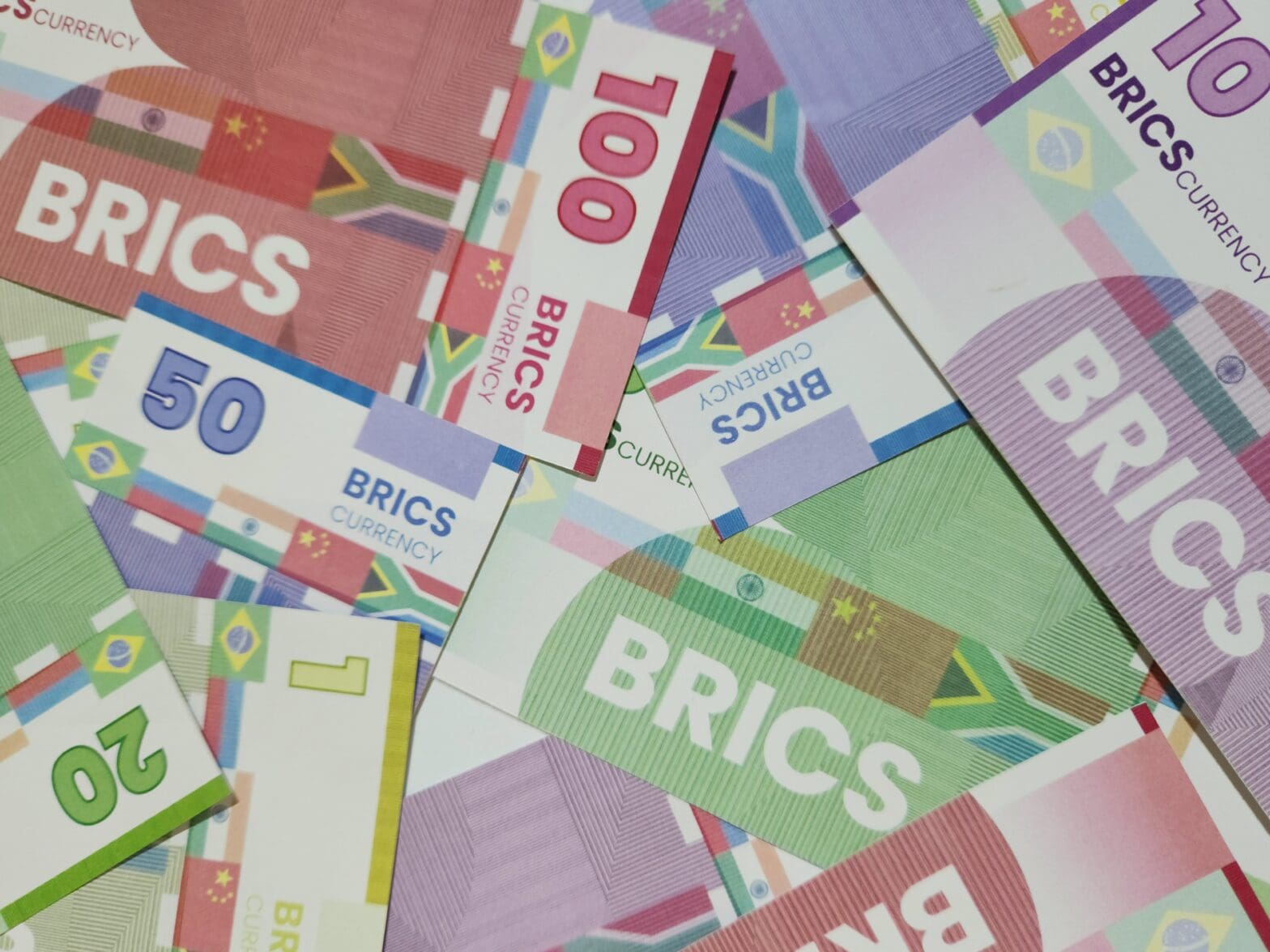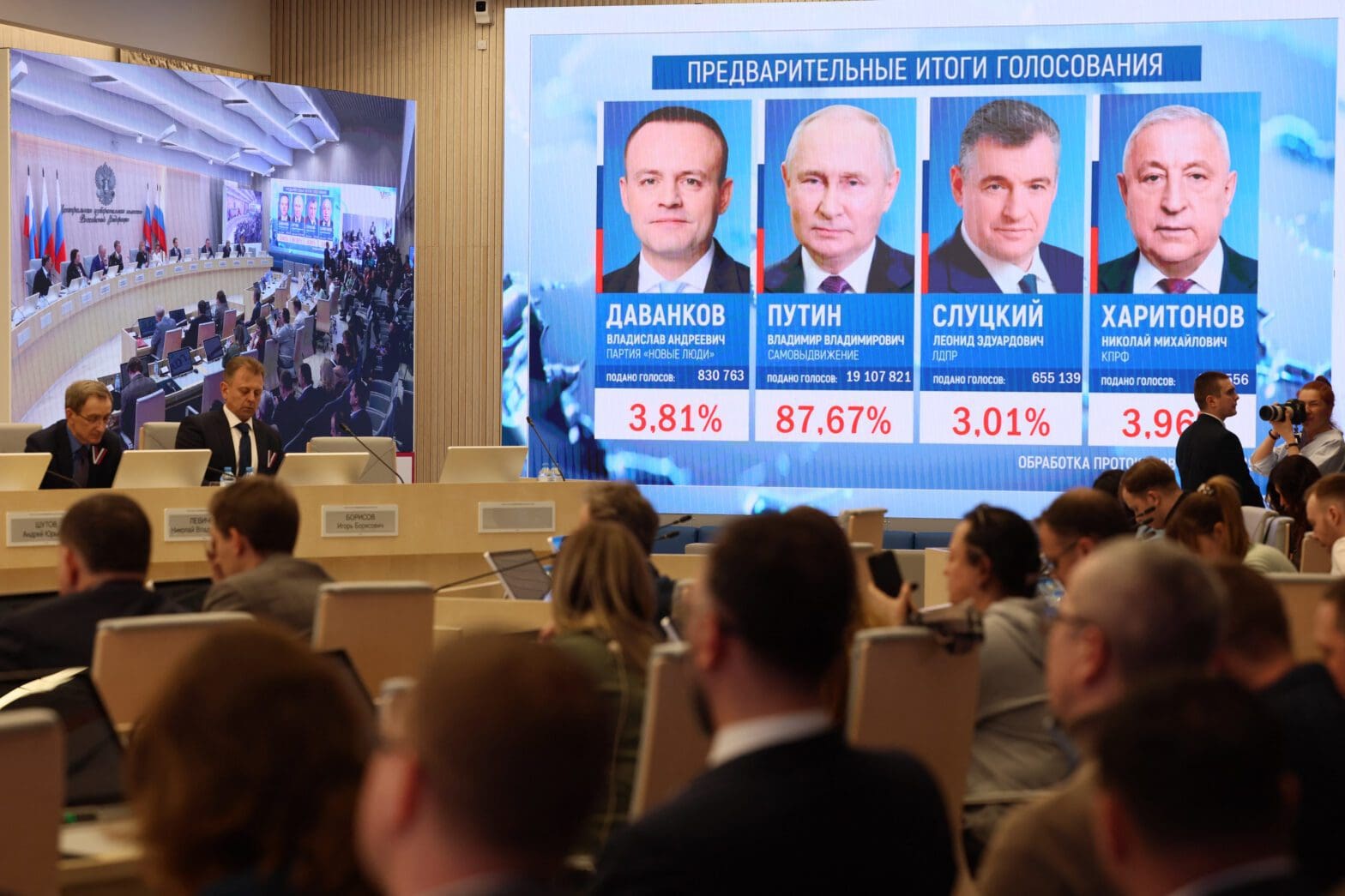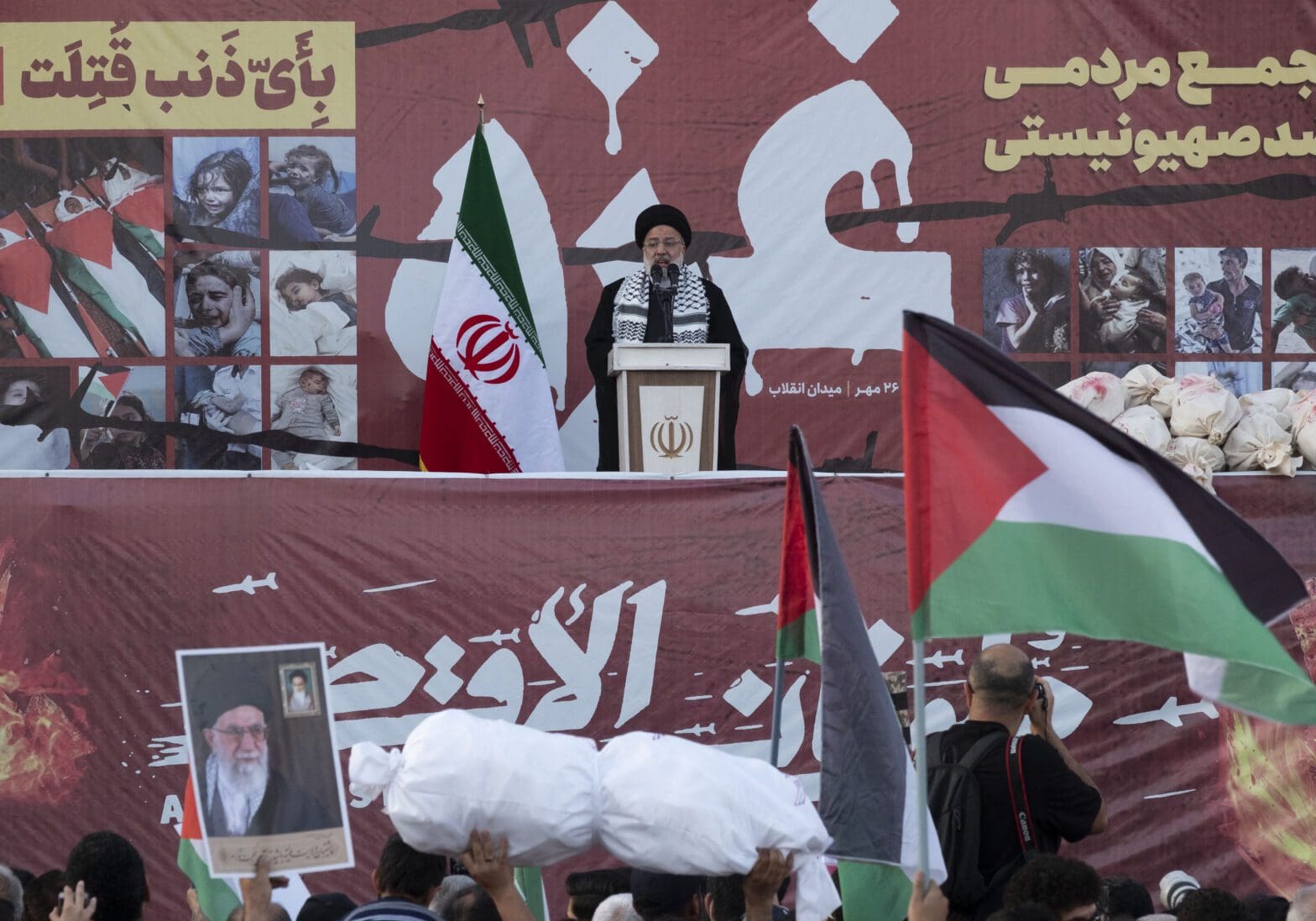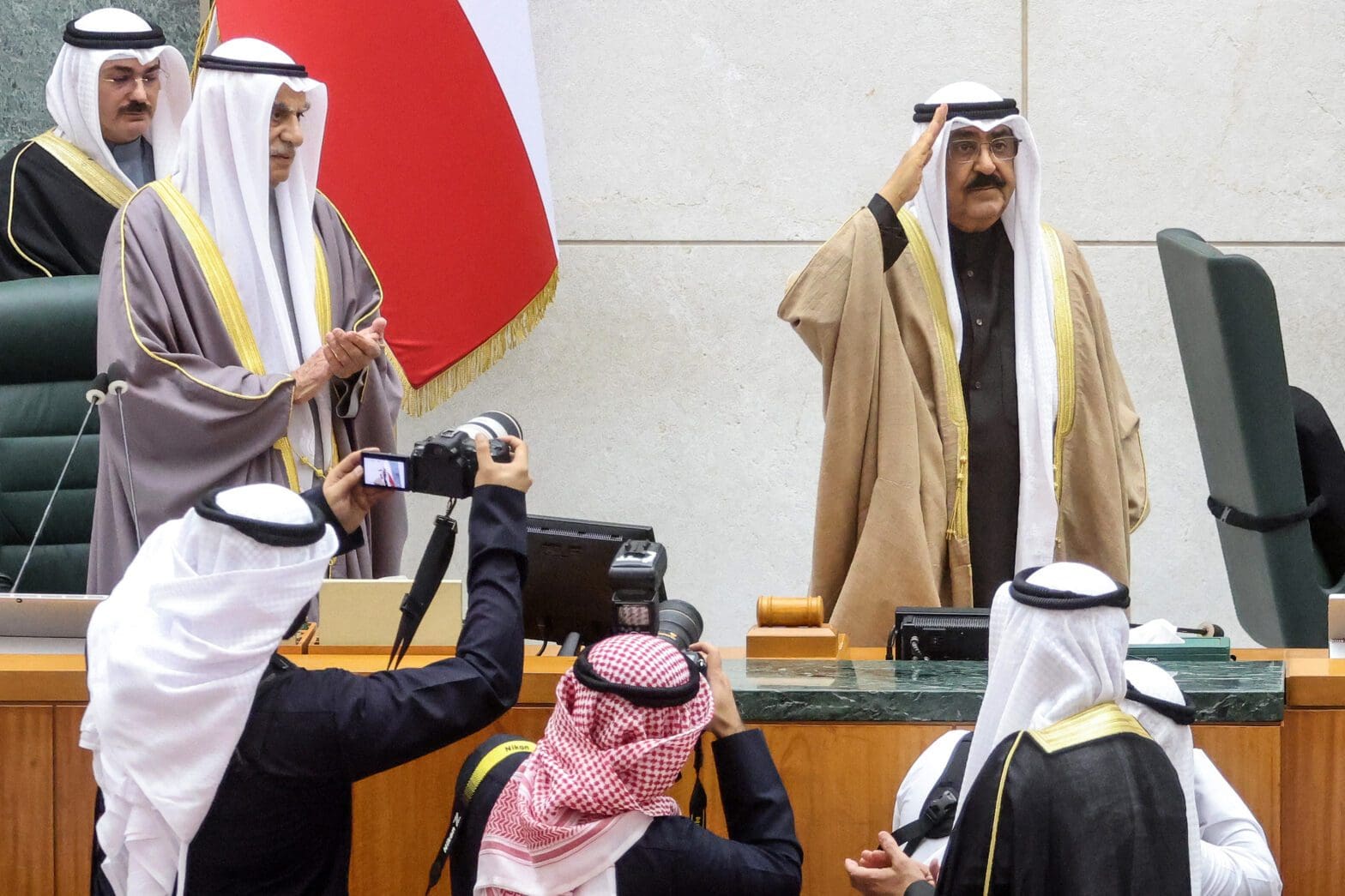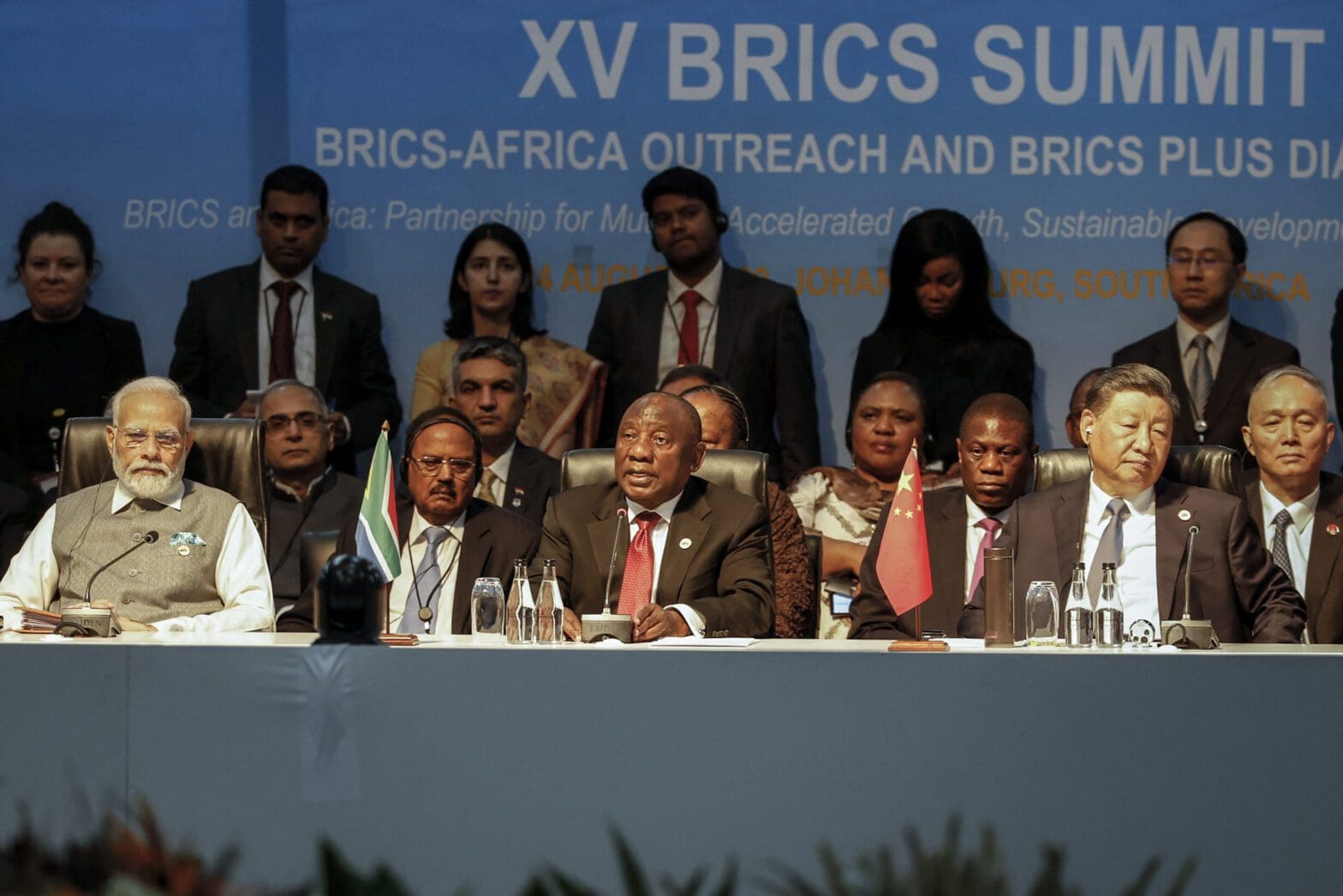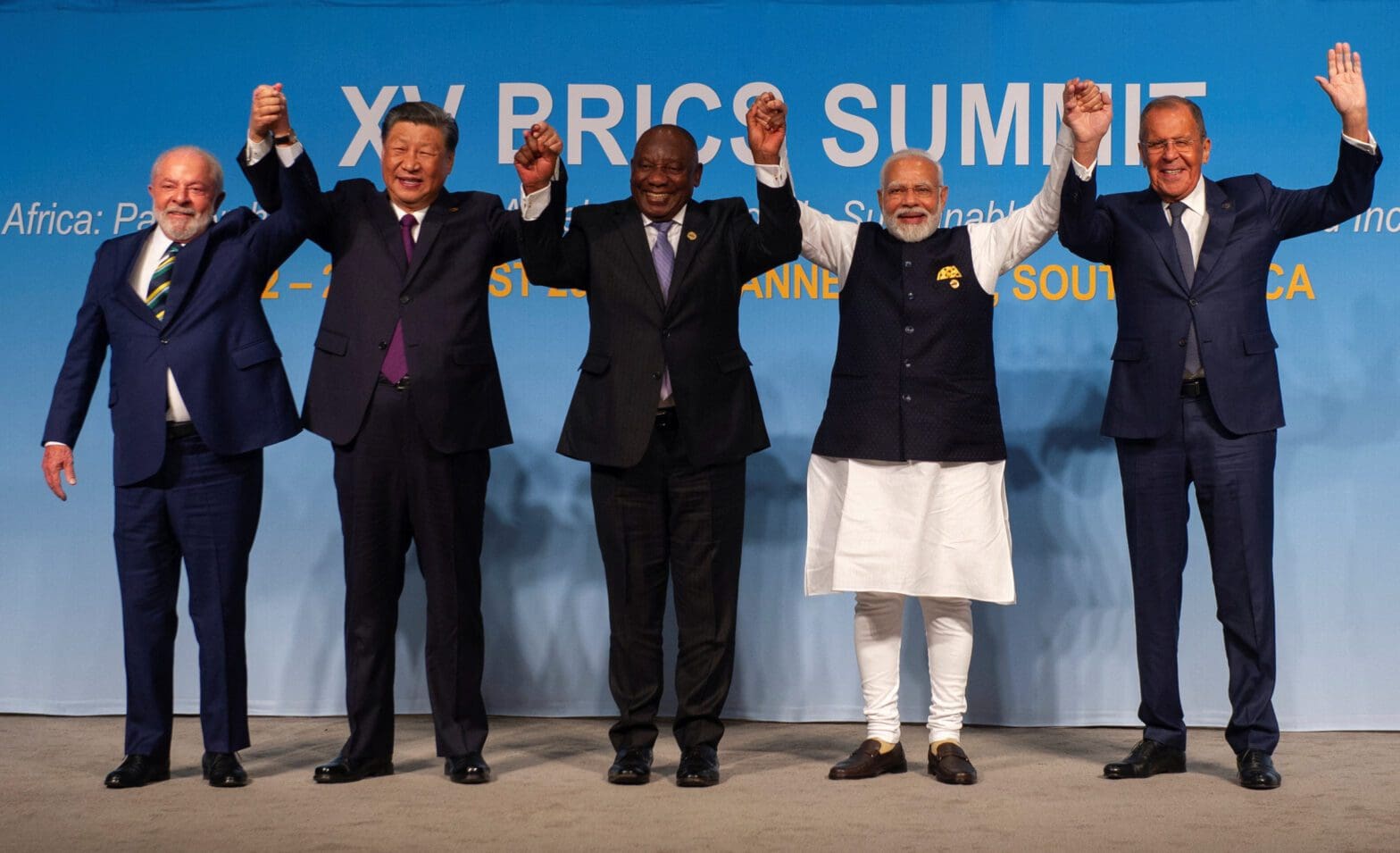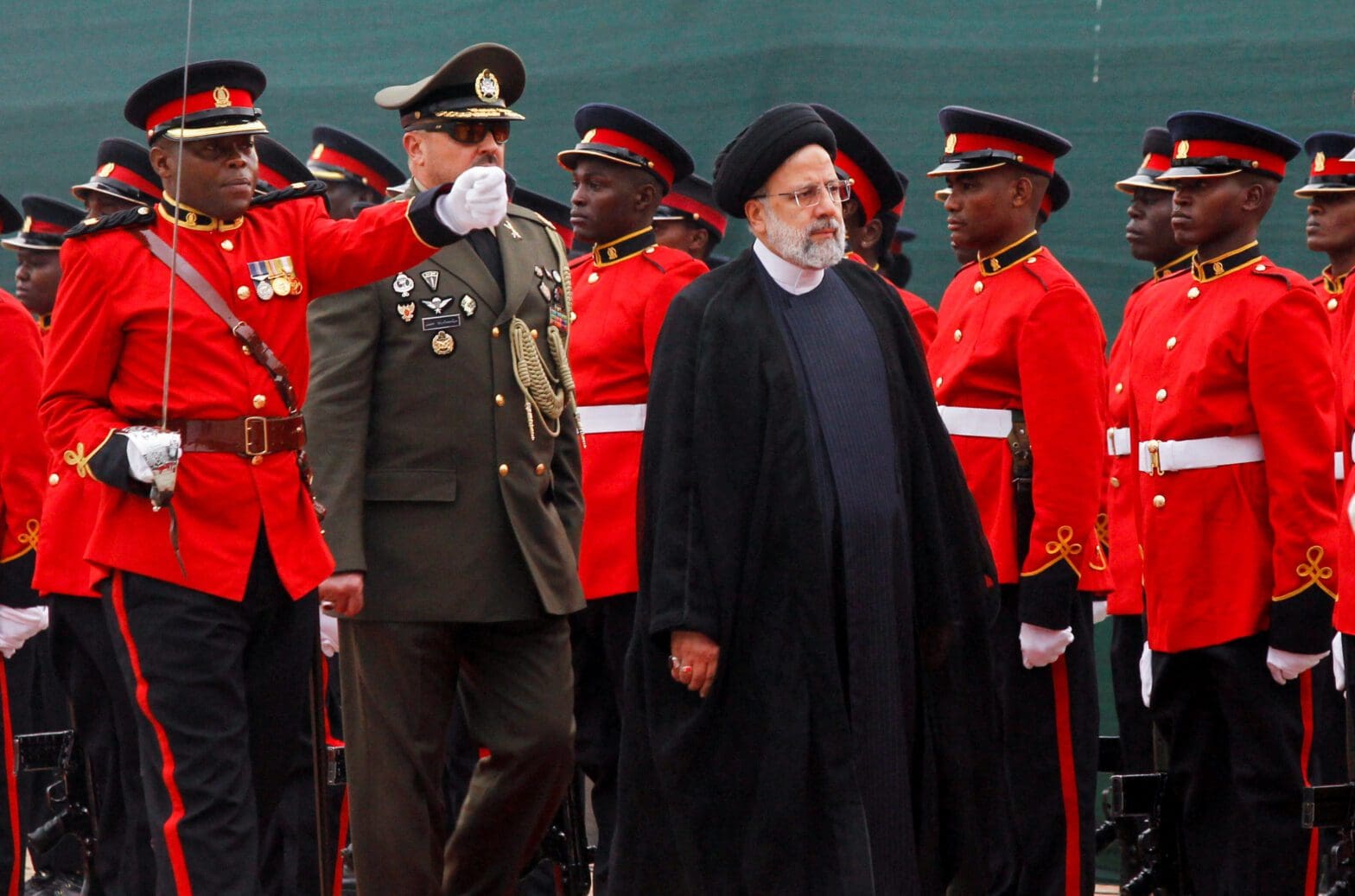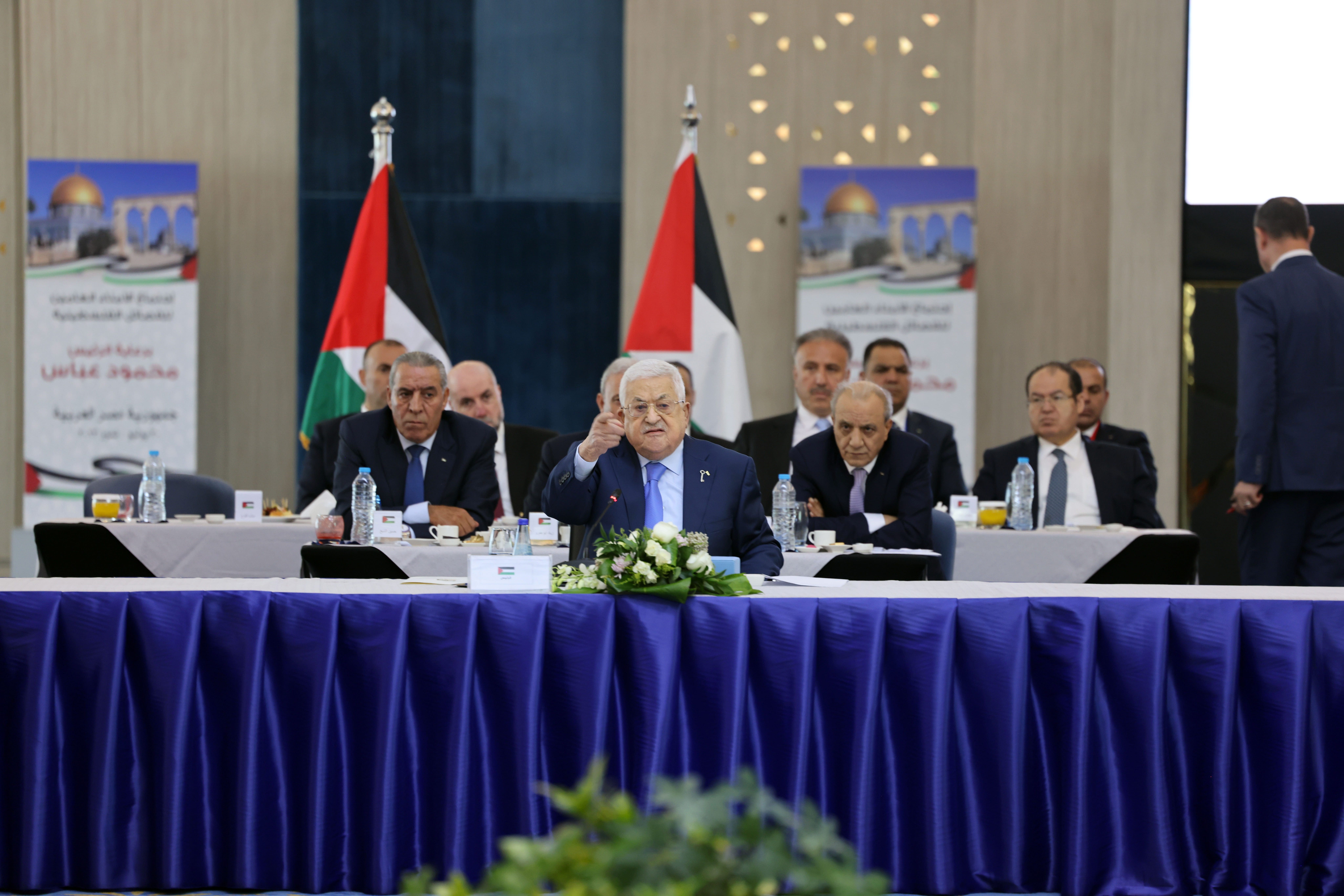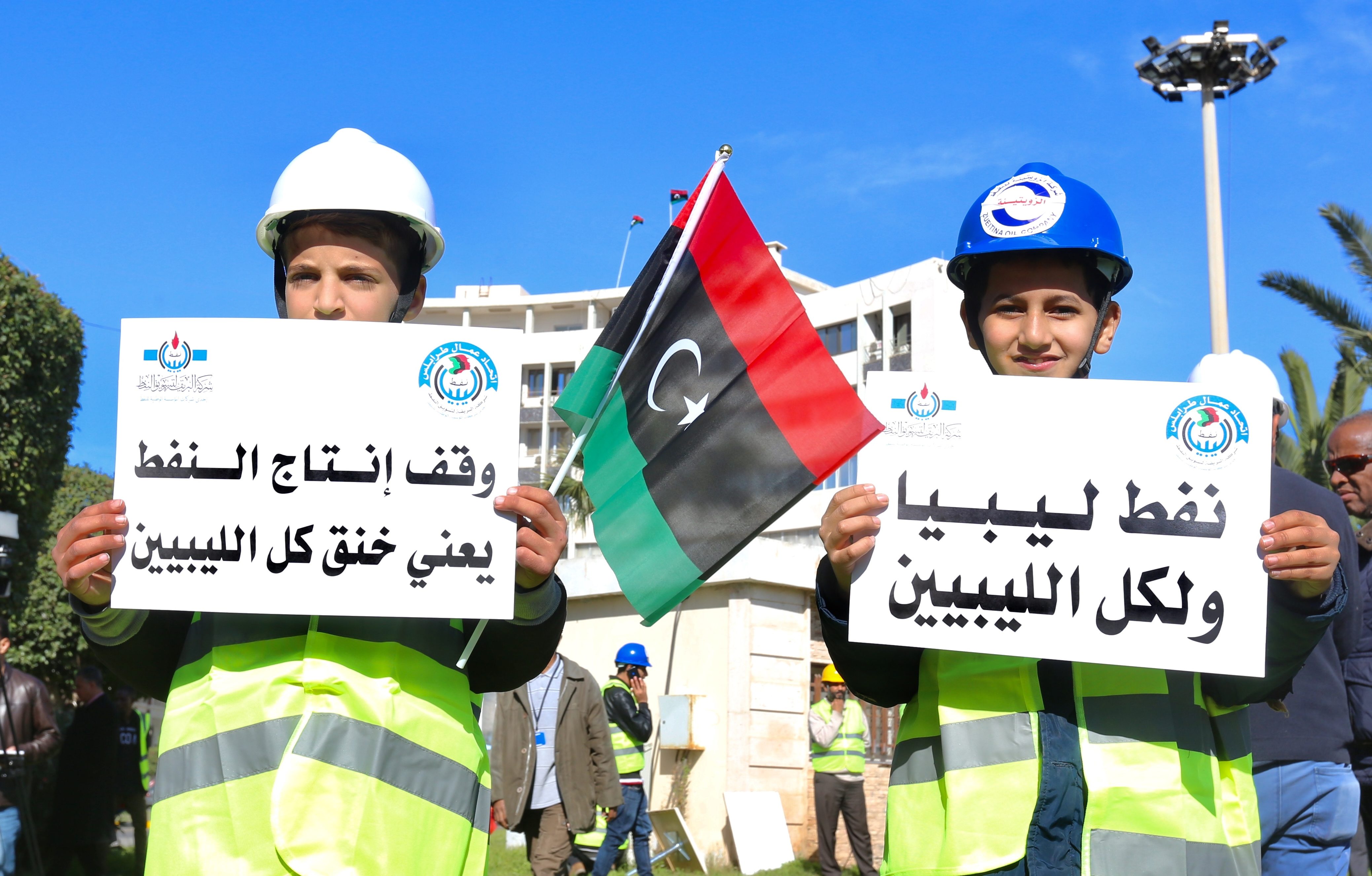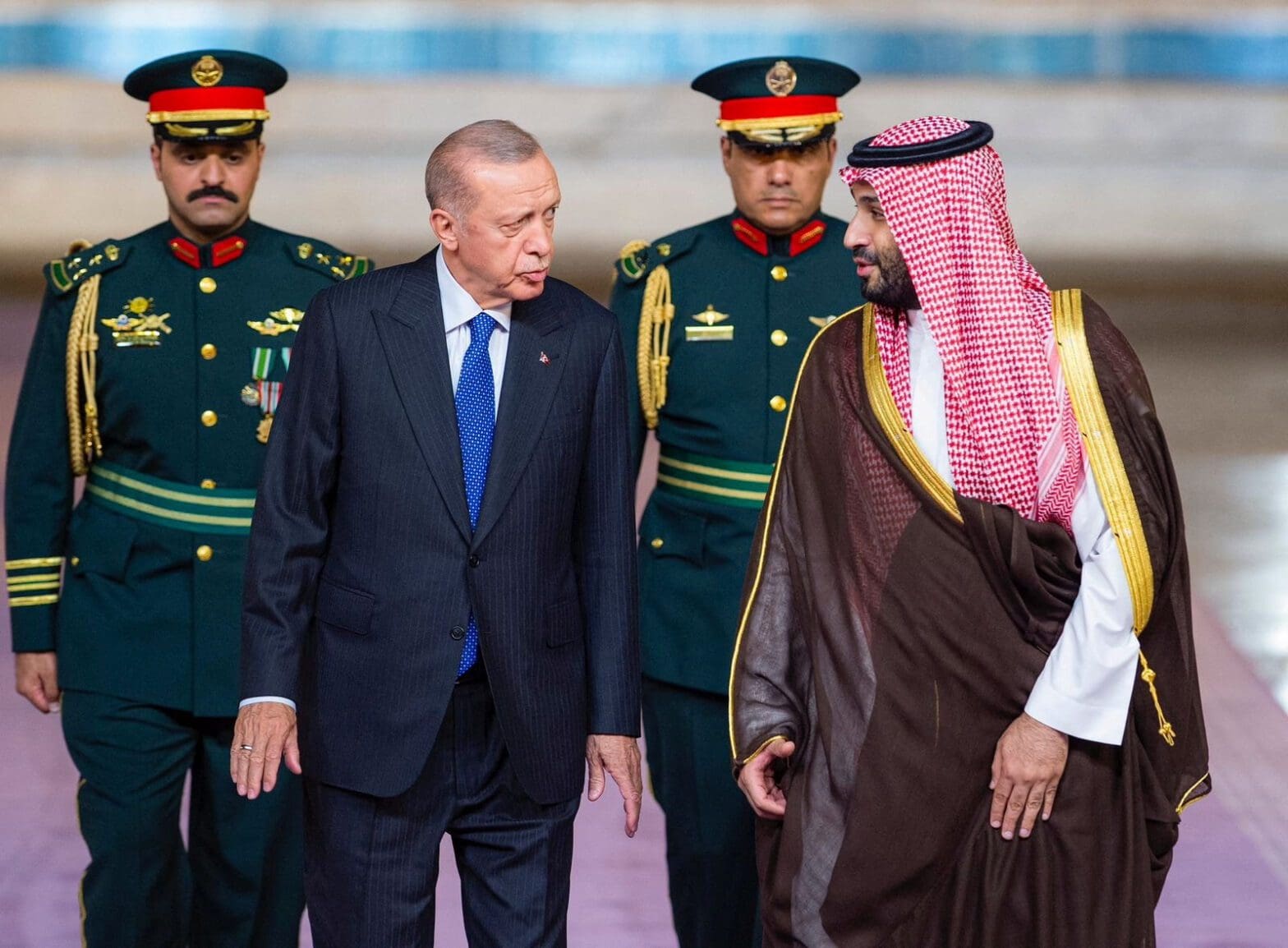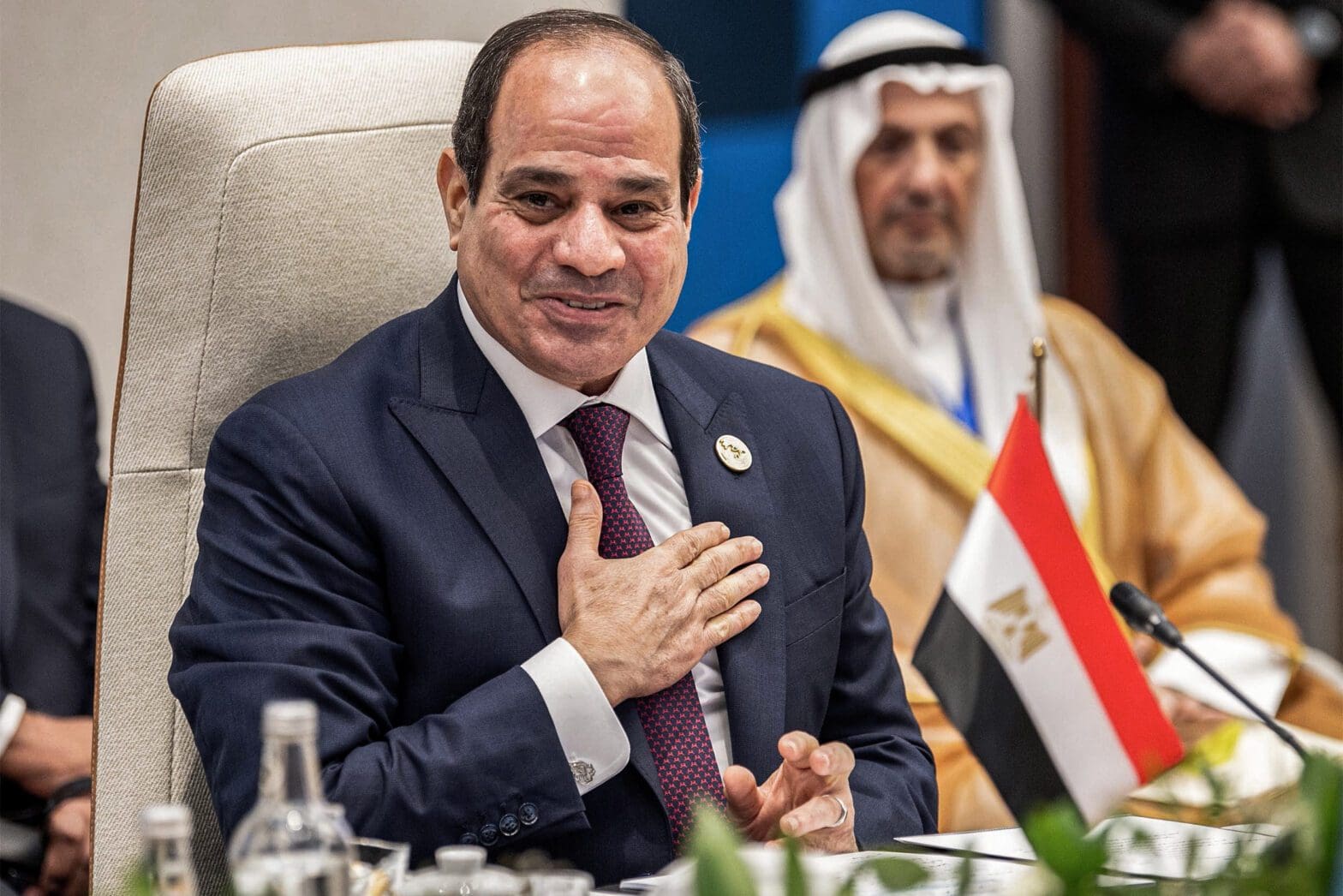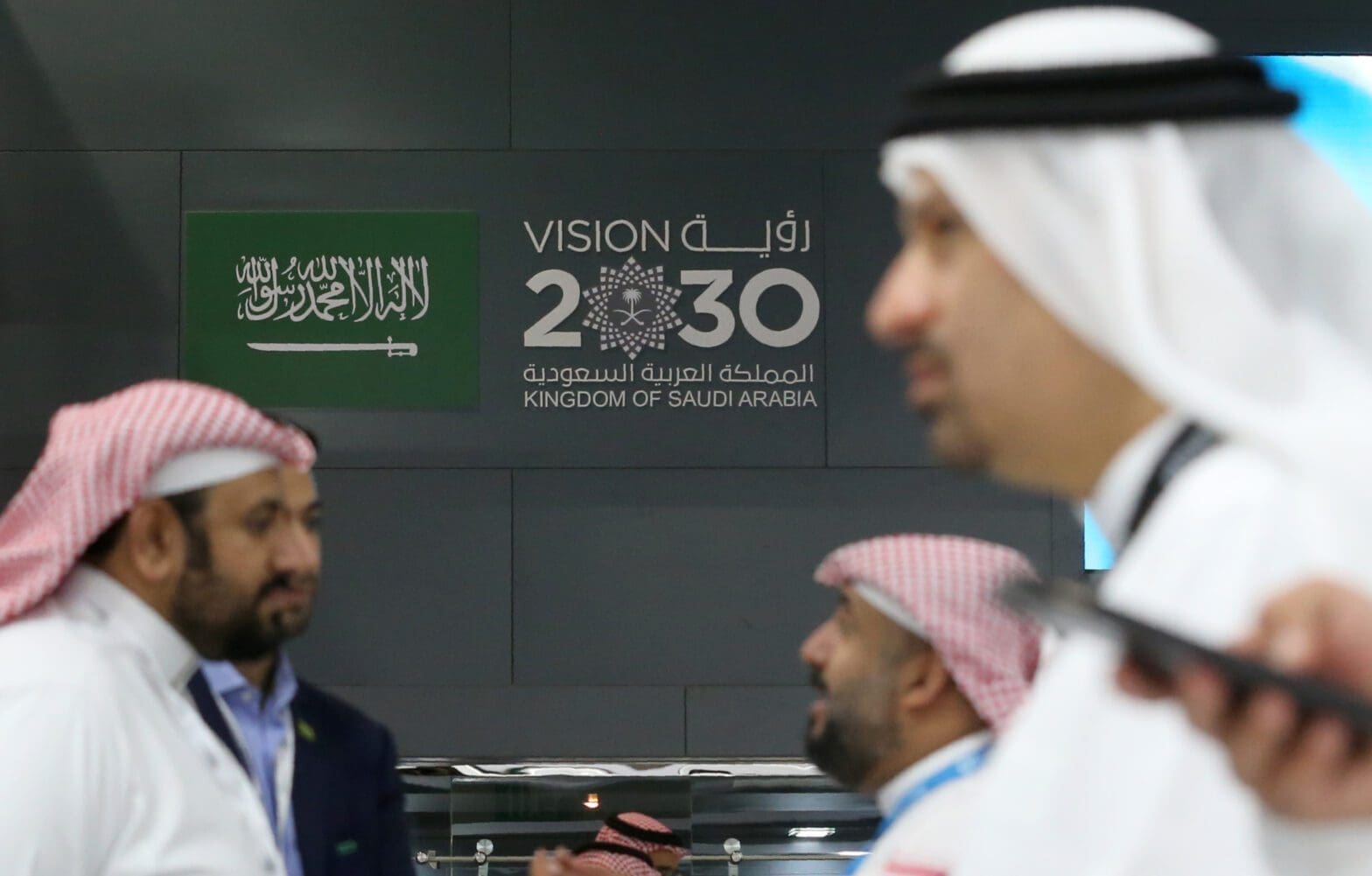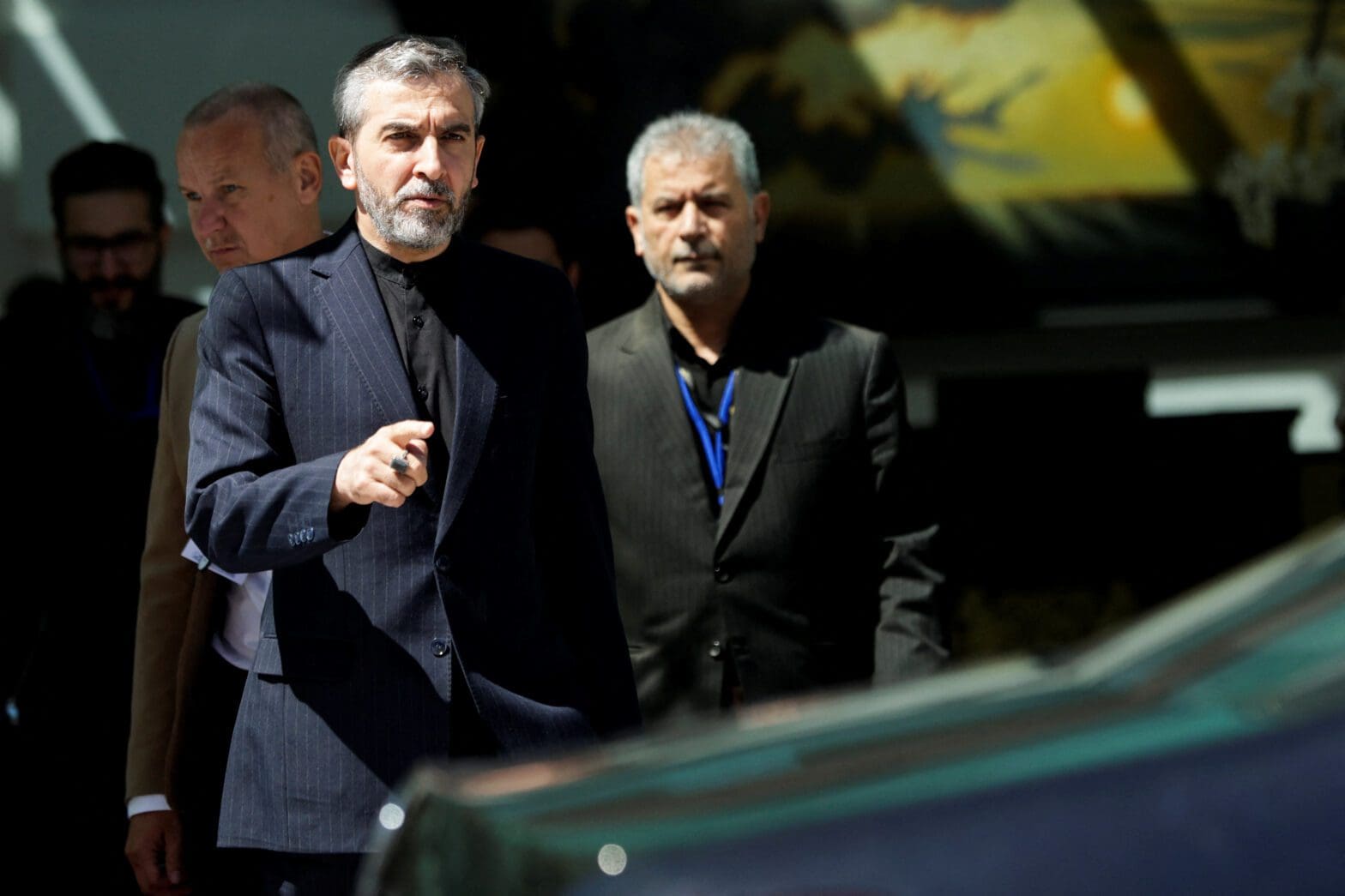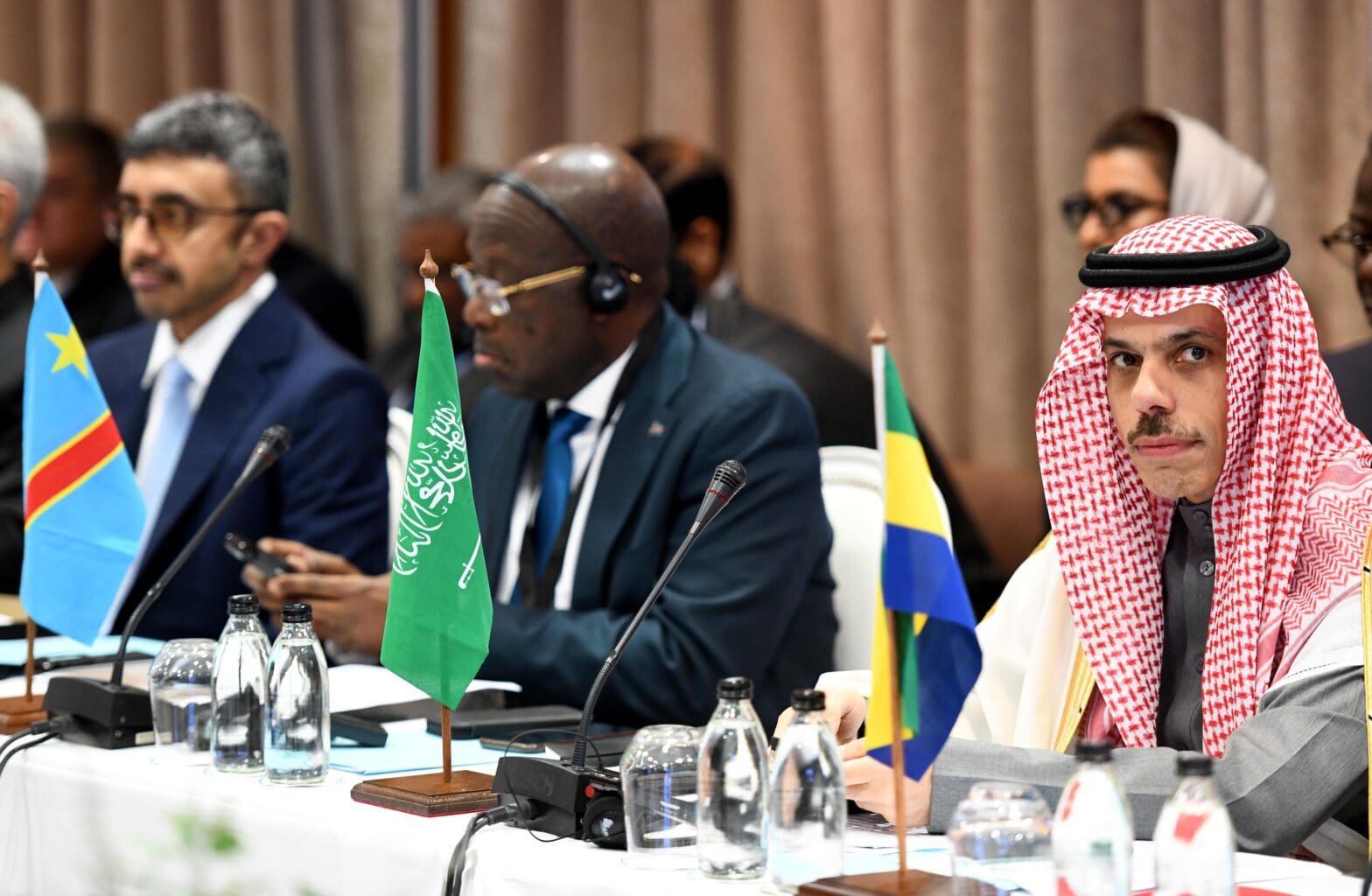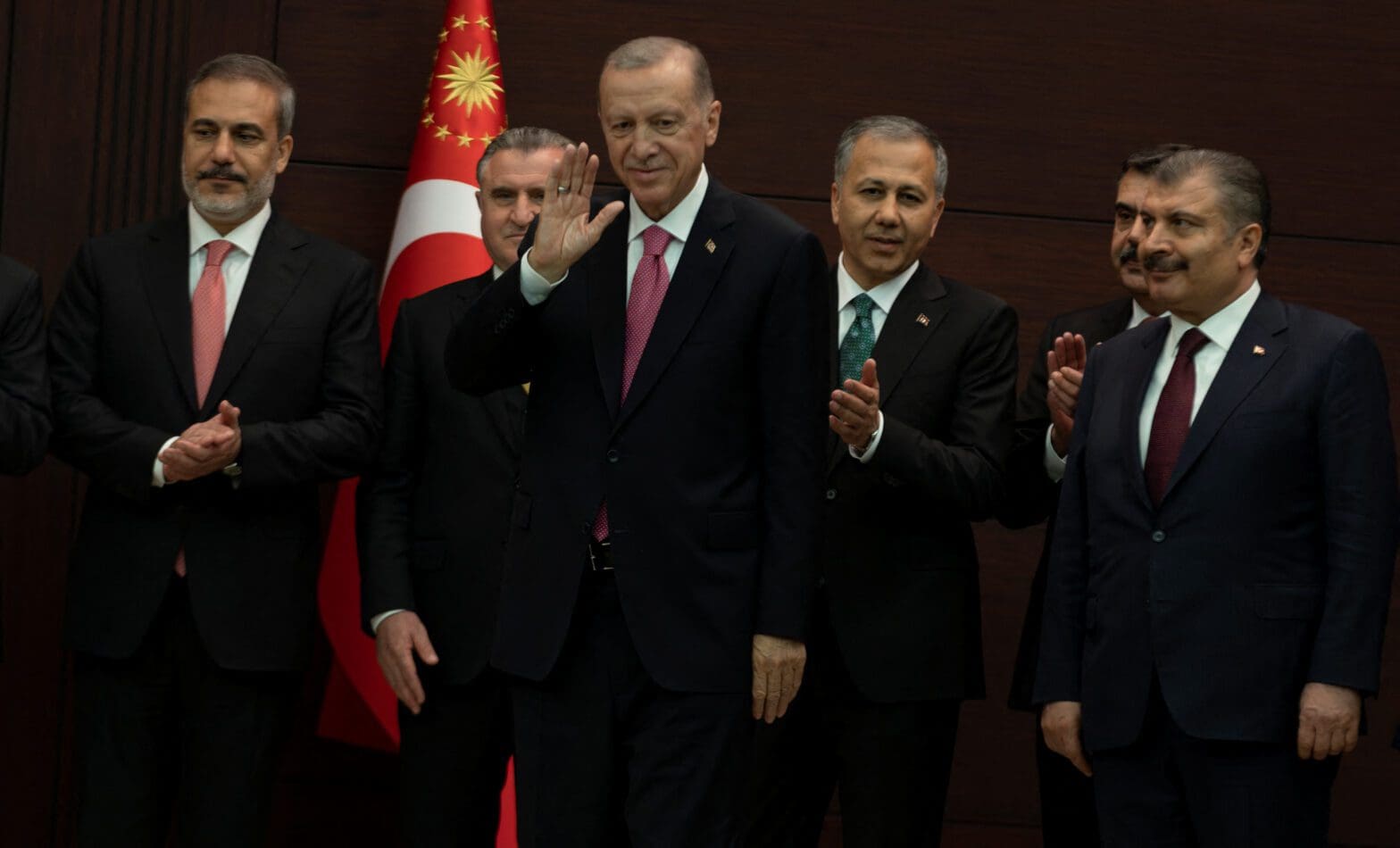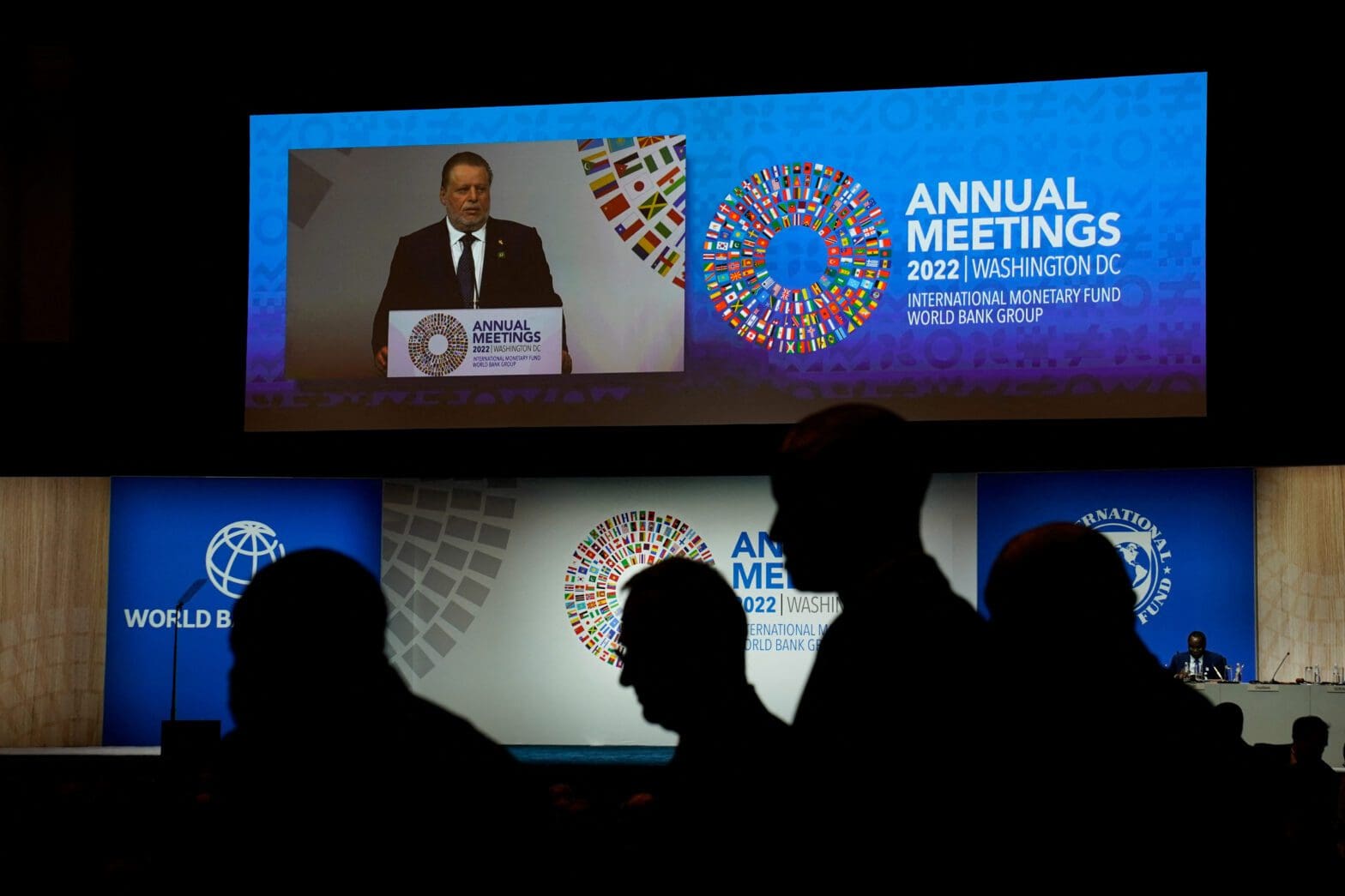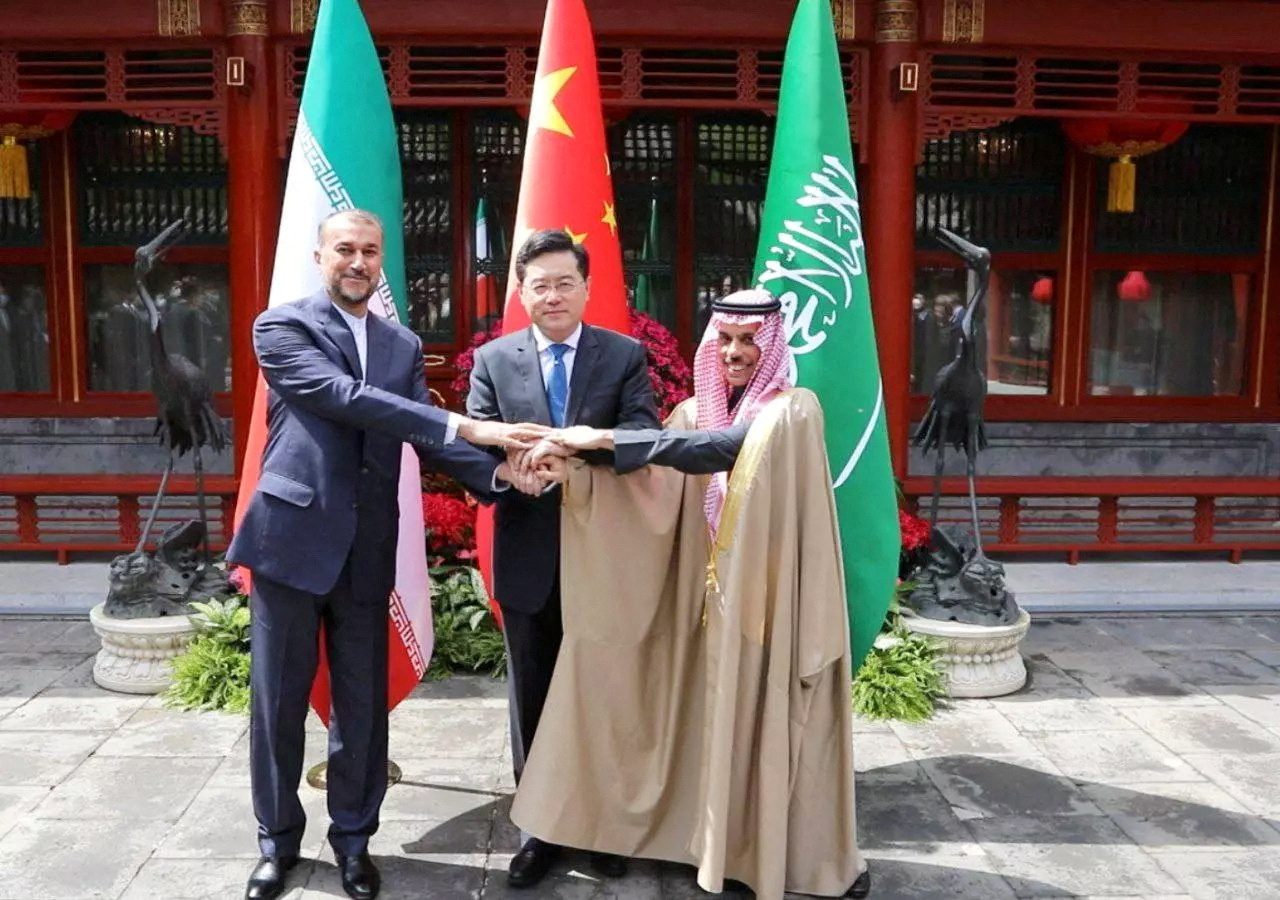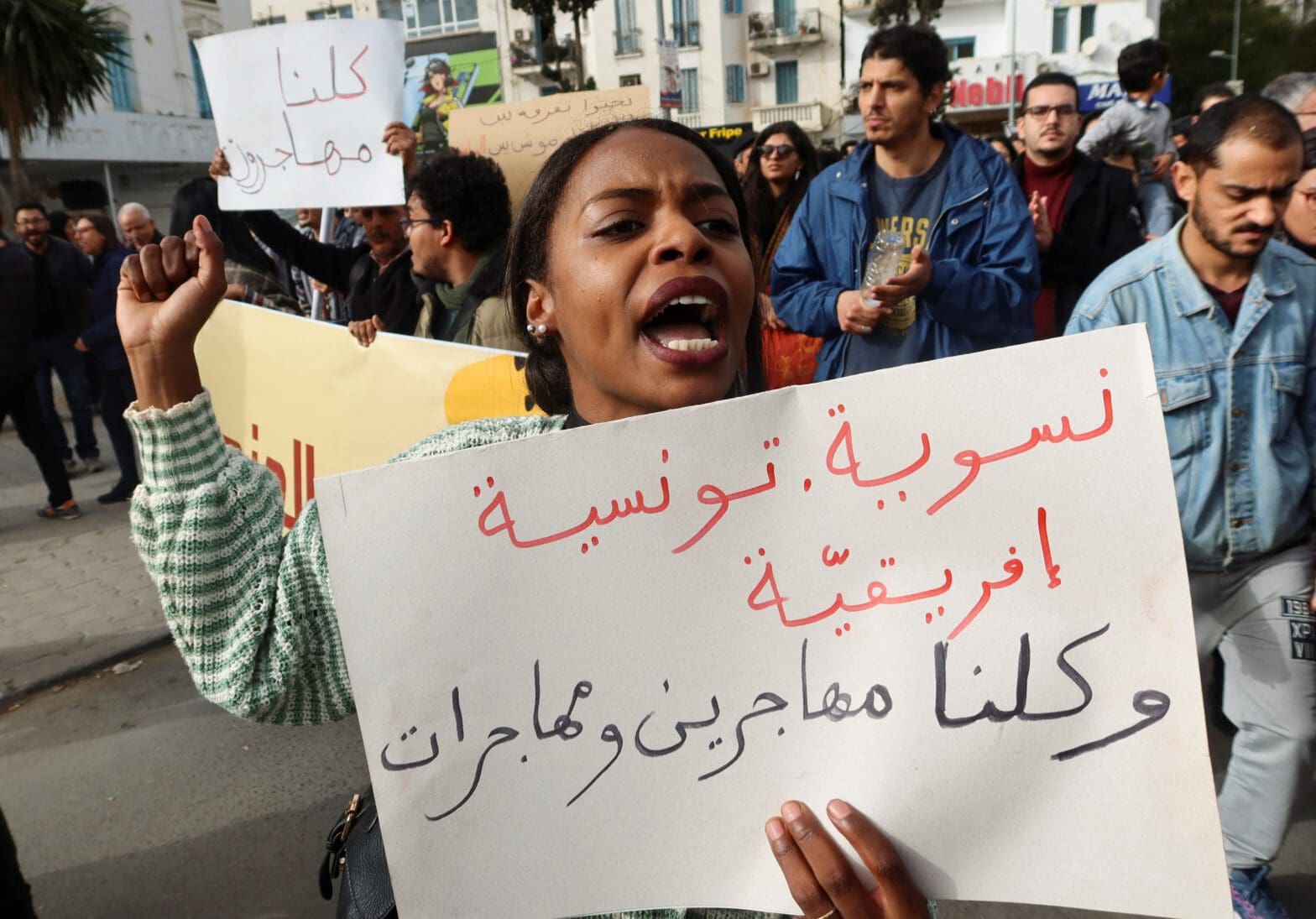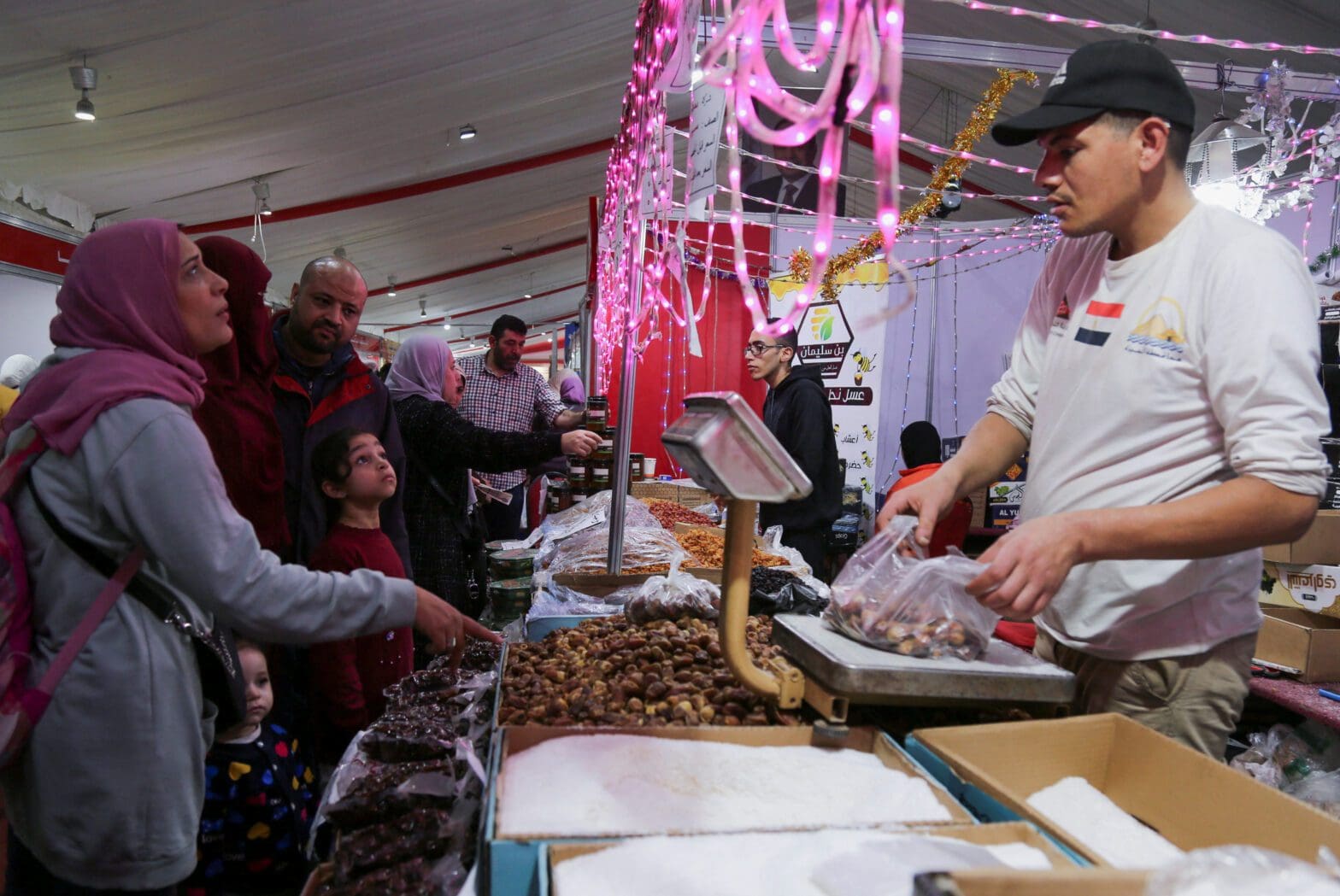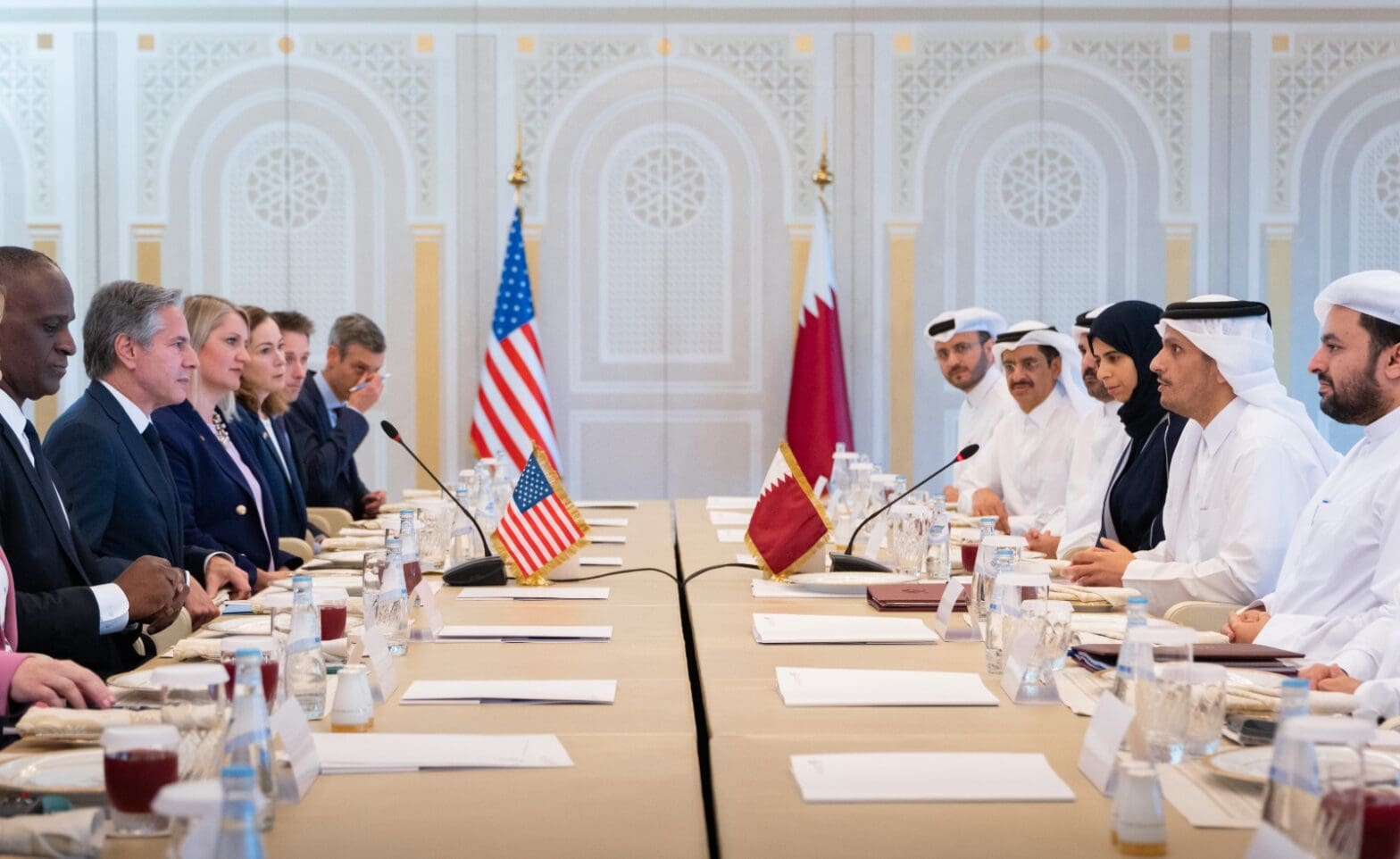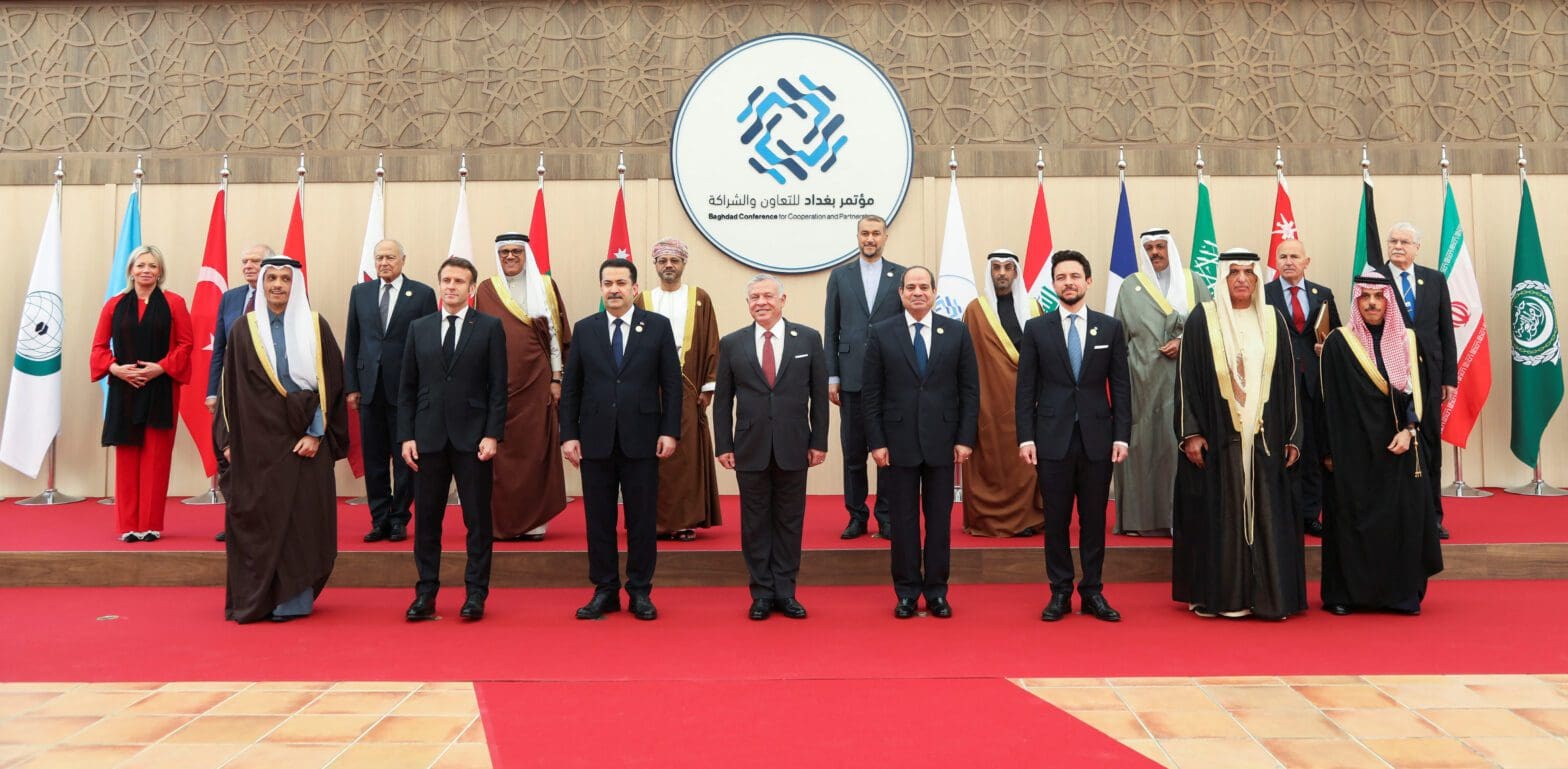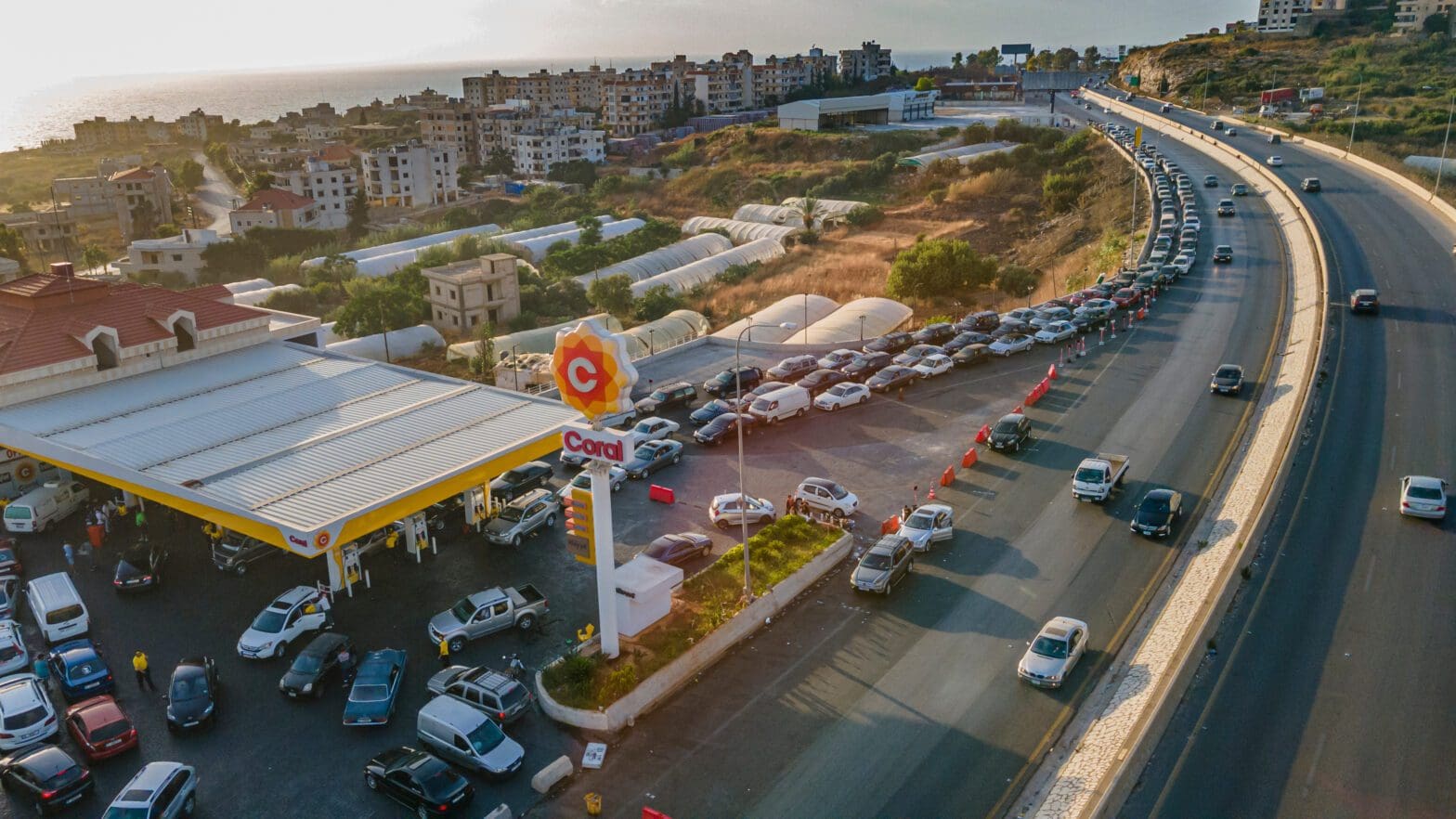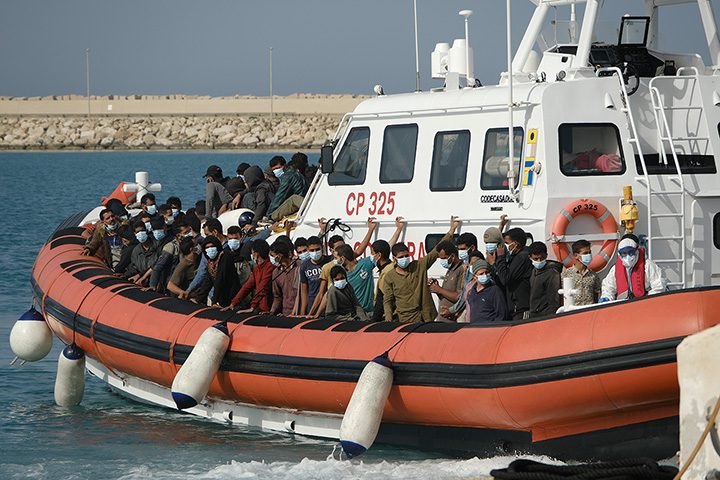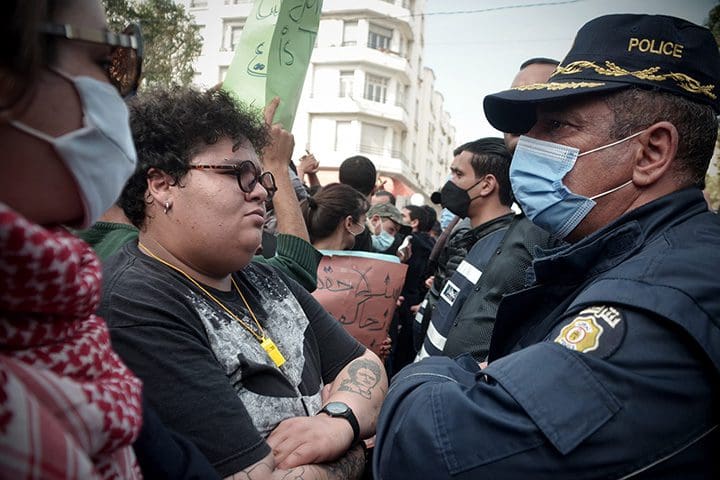In September, the Egyptian government issued a document entitled “The National Narrative for Economic Development: Policies Supporting Growth and Employment,” laying out a comprehensive vision for the country’s development over the next decade. The plan’s content and the timing of its release, however, suggest that it is less a new beginning than a repackaging of… Continue reading Egypt’s New Development Plan Perpetuates IMF Policies
Afkar Issue: Political Economy
Saudis Consider Major Rule Change that Could Boost Their Economy
When news broke in late September that Saudi Arabia’s stock exchange was considering removing limits on foreign ownership of listed companies by the end of the year, the market surged, helping to erase losses that had made the Tadawul All-Share Index (TASI) one of the world’s lowest-performing stock markets in 2025. Although there have been… Continue reading Saudis Consider Major Rule Change that Could Boost Their Economy
Syria’s Opening with the West Poses Russia Dilemma for Damascus
Since President Donald Trump’s Gulf tour in mid-May, U.S.-Syria relations have evolved significantly. Washington’s lifting of its most crippling sanctions on Syria, the appointment of an American envoy to the country, Trump’s meeting with Syrian President Ahmed al-Sharaa in Riyadh and the reopening of the U.S. ambassador’s residence in Damascus all illustrate a new reality… Continue reading Syria’s Opening with the West Poses Russia Dilemma for Damascus
U.S. Disengagement Spurs Turkish-European Defense Cooperation
As the United States’ long-standing commitment to European security erodes under the Trump administration, the bloc’s defense partnership with Türkiye hit a new milestone in March, when a consortium of Europe’s leading arms companies submitted a formal bid to sell Ankara 40 Eurofighter Typhoon jets. The fighters have seen active service in the air forces… Continue reading U.S. Disengagement Spurs Turkish-European Defense Cooperation
Abu Dhabi’s Quiet Engagement in Afghanistan May Ease Taliban Isolation
For nearly a decade, international diplomacy concerning Afghanistan was mainly mediated by Qatar. Yet since the Taliban rolled into Kabul in August 2021, leading figures from the movement have made a string of high-profile visits to another key Gulf powerbroker, the United Arab Emirates. Their warm reception by the Emirati authorities suggests that Abu Dhabi… Continue reading Abu Dhabi’s Quiet Engagement in Afghanistan May Ease Taliban Isolation
MENA Outlook for 2025
With the December collapse of the Assad regime in Syria, 2024 came to a close in a dramatic and region-altering fashion. This, along with the numerous other major trend lines and points of conflict, likely makes 2025 a year that will be significant in reshaping the region’s future. Looking forward to what may be coming,… Continue reading MENA Outlook for 2025
Whither the New Syria?
As history was made in Syria over the past month, seismic shocks have reverberated across the region. To start, the world witnessed the final convulsion of the World War I-era Sykes-Picot Agreement, which one historian called, with due irony, “a peace to end all peace.” Perhaps more ironic still, the signatories of that bygone treaty,… Continue reading Whither the New Syria?
Regional Economy Faces Plenty of Challenges—and Reasons for Hope—in 2025
Despite the turmoil rocking the Middle East and North Africa (MENA), there may be some glimmers of hope for the region’s economies in 2025. The World Bank and the International Monetary Fund (IMF) are both projecting an uptick in growth in most MENA economies. However, structural challenges, political instability, and geopolitical tensions will continue to… Continue reading Regional Economy Faces Plenty of Challenges—and Reasons for Hope—in 2025
A Crisis Averted in Palestinian Banking Portends a Total Collapse
In early December, the Palestinian banking sector narrowly avoided financial freefall, as Israel’s far-right finance minister toyed with removing a crucial safeguard underpinning the correspondent relationship between Palestinian and Israeli banks. These safeguards protect the Israeli side from domestic and international legal risks arising from transactions with their Palestinian counterparts, offering immunity and indemnity if… Continue reading A Crisis Averted in Palestinian Banking Portends a Total Collapse
Widening Geopolitical Fault Lines Challenge Collective Action on Climate
The United Nations Climate Change Conference (COP29) held in Azerbaijan this year wrapped up in tumultuous fashion, as representatives of “highly dissatisfied” poorer nations walked out in protest. While COP29 was ultimately salvaged with a deal to provide $300 billion in annual “loss and damage financing” to the world’s most vulnerable states, the unmistakable take-away… Continue reading Widening Geopolitical Fault Lines Challenge Collective Action on Climate
The BRICS+ Summit and the Shifting Global Order
On October 22nd, Russia will host the BRICS+ annual summit—its ranks swelled by new members and ambitions. As this year’s chair, Russia presides over a bloc that now represents 45.5% of the world’s population—more than four times that of the G7—with a combined GDP of $28.5tn, and 25% of global exports. BRICS+ is poised to… Continue reading The BRICS+ Summit and the Shifting Global Order
Ethiopia-Somalia Dispute: What Is at Stake for MENA? – Council Views
On January 1, the self-proclaimed Republic of Somaliland and landlocked Ethiopia signed a controversial memorandum of understanding (MoU) granting the latter port access to the Red Sea. In exchange for a 50-year lease of coastline near the strategic port of Berbera for commercial and naval uses, Addis Ababa agreed to consider recognizing Somaliland as a… Continue reading Ethiopia-Somalia Dispute: What Is at Stake for MENA? – Council Views
Assessing Qatar’s Deepening Ties to Iraqi Kurdistan
Over the past year, Qatar and the Kurdistan Region of Iraq have ramped up their relations. Under Prime Minister Masrour Barzani, the Kurdistan Regional Government (KRG) has prioritized improved diplomatic and economic ties to the Gulf. That has included expanded trade with Doha, particularly in agriculture. Erbil and the Gulf states are also improving their… Continue reading Assessing Qatar’s Deepening Ties to Iraqi Kurdistan
Can China and the U.S. Cooperate in the Middle East?
Cooperation between China and the United States in the Middle East has become a common topic of discussion between academics and experts these days. The two great powers have vested interests in the region that are jeopardized by its chronic instability and the growing threat of regional war. Cooperation between the two should be a… Continue reading Can China and the U.S. Cooperate in the Middle East?
Trump Redux Could Bring in the Law of Unintended Consequences
One hundred days ahead of elections in November, former U.S. president Donald Trump is polling strongly despite the emergence of Vice President Kamala Harris as the Democrat candidate. What would the implications be for us in the Gulf and around the world of a Trump presidency redux? From public statements and his record in the… Continue reading Trump Redux Could Bring in the Law of Unintended Consequences
What Algeria’s Upcoming Elections Mean for the Next Five Years
On September 7, Algerians will head to the polls to elect their president. The outcome, however, is already a foregone conclusion. President Abdelmadjid Tebboune, running for his second term, is certain to win. Tebboune’s continued rule is assured because the military, the true power brokers in Algeria, have deemed him a suitable figurehead. His initial… Continue reading What Algeria’s Upcoming Elections Mean for the Next Five Years
Libya’s Central Bank Crisis Reflects Its Broken System
Libya’s latest political standoff, this time over who should head the country’s central bank, has once again highlighted the chronic dysfunction that has plagued the country since the 2011 overthrow of Moammar Gaddafi. Libya’s political economy, militarized and bedeviled by foreign interference, is broken: unsuitable even for Libya’s rival leaders, incapable of constraining them, and… Continue reading Libya’s Central Bank Crisis Reflects Its Broken System
Jordan’s Dilemma: Between Israel’s Sword of Damocles and Iran’s Axis of Resistance
The ongoing Israeli war on Gaza is seen by the Jordanian government and public as an existential threat. Despite credible accusations of genocide, Israeli Prime Minister Benjamin Netanyahu is prolonging, expanding, and escalating the offensive, which has led to mounting pressure on neighboring Jordan. From the potential forced displacement of Palestinians from the West Bank… Continue reading Jordan’s Dilemma: Between Israel’s Sword of Damocles and Iran’s Axis of Resistance
Unification of Monetary Policy and the Banking Sector in Yemen
Amid the ongoing state of “no-war, no-peace” that has persisted for the past two years, Yemen faces a new challenge that threatens to further unsettle its fragile stability. The country’s banking sector is experiencing turmoil following a series of controversial decisions made by the breakaway Central Bank in Aden, signaling potentially catastrophic consequences for an… Continue reading Unification of Monetary Policy and the Banking Sector in Yemen
Central Bank Digital Currencies’ Impact on MENA Economies – Council Views
Amid the growing prominence of decentralized finance, central banks are increasing their endeavors to maintain control over financial systems, including through central bank digital currencies (CBDCs). Recent strides by MENA countries indicate the region’s growing interest in CBDCs. Earlier this month, Saudi Arabia’s central bank joined a cross-border trial for CBDCs, Project mBridge, which already… Continue reading Central Bank Digital Currencies’ Impact on MENA Economies – Council Views
EU Aid for Syrian Refugees: Addressing Ongoing Needs in Türkiye and Lebanon
In late May of this year, the European Union and other international donors pledged €7.5 billion ($8 billion) in grants and loans to support millions of Syrians displaced within and beyond the country’s borders by a devastating 13-year civil war. The seemingly vast sum pledged at the Brussels conference on “Supporting the future of Syria… Continue reading EU Aid for Syrian Refugees: Addressing Ongoing Needs in Türkiye and Lebanon
The Middle East in the Wake of October 7: Interview with Tarik M. Yousef Marking 100 Afkār Posts
We at Afkār are delighted to announce that we have reached a new milestone, our 100th post! To mark the occasion, we have recorded and transcribed a special interview with the Director of the Middle East Council on Global Affairs, Tarik M. Yousef. The in-depth interview was conducted by our editor, Omar H. Rahman, and… Continue reading The Middle East in the Wake of October 7: Interview with Tarik M. Yousef Marking 100 Afkār Posts
Economic Diversification is the GCC’s Top Priority
It is a paradoxical truth that nations highly dependent on natural resources tend to be poor economic performers. Such countries are exposed to ongoing adverse shocks, including price jolts, volatile demand and supply, and natural disasters. These factors can stir up macroeconomic instability and higher economic risks – otherwise known as the “natural resource curse”. … Continue reading Economic Diversification is the GCC’s Top Priority
The Development Road Project – Council Views
Following a momentous visit to Iraq by Turkish President Recep Tayyip Erdogan, Türkiye, Iraq, Qatar, and the United Arab Emirates signed an initial agreement to collaborate on the Development Road project. The $17 billion project envisages region-wide transportation routes and infrastructure that would transform Iraq’s infrastructure into a transit hub connecting Asia and Europe over… Continue reading The Development Road Project – Council Views
Can BRICS Really Drop the Dollar?
The new year saw four of the largest economies in the Middle East and North Africa join the BRICS economic union. The accession by Egypt, Iran, Saudi Arabia, and the United Arab Emirates represents a strategic step away from the United States and Europe. For the new BRICS members, it could open new opportunities for… Continue reading Can BRICS Really Drop the Dollar?
Interview: Russia in the Middle East
1. Over two years into Russia’s full-scale invasion of Ukraine, Russians have just gone to the polls and Ukraine appears set to postpone an election slated for the end of March. In Russia, Putin reportedly spent more than $1 billion on a public relations campaign in the lead-up to the election. What is the significance… Continue reading Interview: Russia in the Middle East
Conflict in the Red Sea Makes Economic Waves
When the Yemen-based Houthi movement began attacking commercial shipping in the Red Sea in response to Israel’s war in Gaza, the impact on global trade was almost immediate. The international counter-response led by the United States, however, has only increased the likelihood of intensifying conflict and economic damage. As tensions build, the confrontation in the… Continue reading Conflict in the Red Sea Makes Economic Waves
Iran’s Strategy in the War on Gaza
The recent drone strike on American soldiers stationed near the Jordan-Syria border, and Washington’s retaliatory strikes in Iraq and Syria, underscore the dangerous potential for a major escalation between the United States and Iran that could engulf the wider region. Washington and Tehran have engaged in a tit-for-tat conflict for several months now, which has… Continue reading Iran’s Strategy in the War on Gaza
Reforms in Kuwait: Can the new prime minister achieve them?
There is rumored to have once been a sign in Doha that read, “yesterday Kuwait, today Dubai; tomorrow Qatar.” Although perhaps apocryphal, it captures an important and painful truth for many Kuwaitis. Kuwait initially led the way in the Arabian Gulf and was the first country with its own currency and Constitution of the State… Continue reading Reforms in Kuwait: Can the new prime minister achieve them?
Algeria at the BRICS’ Doorstep: A Journey of Aspirations and Opportunities
At the 15th BRICS Summit in South Africa, Algeria’s candidacy was not retained to join the 5-member grouping; six out of 23 candidates were chosen: Argentina, Egypt, Ethiopia, Iran, Saudi Arabia, and the UAE. While politically, Algeria is the ideal candidate, its economic standing might not have been attractive enough, at least not yet. The… Continue reading Algeria at the BRICS’ Doorstep: A Journey of Aspirations and Opportunities
BRICS Summit: Shaping a New Geopolitical Landscape – Council Views
The Impact of BRICS on the International Order Galip Dalay The 2023 BRICS summit has attracted unprecedented international interest due to the geopolitical context of increasing U.S.-China competition and the Global South’s balancing act regarding the Russia-Ukraine war. As competition between global powers intensifies, Western actors increasingly see this bloc, and others like the Shanghai… Continue reading BRICS Summit: Shaping a New Geopolitical Landscape – Council Views
The Limits to Iran’s Trade Push in Africa
In July, Iranian President Ebrahim Raisi embarked on a three-country tour in Africa to expand relations on the continent, the first of its kind by an Iranian leader in more than a decade. The trip, to Kenya, Uganda and Zimbabwe, followed a similar visit to Latin America. Both were part of a strategic push by… Continue reading The Limits to Iran’s Trade Push in Africa
The Persistent Illusion of Palestinian Reconciliation
Representatives of 14 Palestinian political factions, including Fatah and Hamas, were invited to the Egyptian coastal city of El-Alamein on July 30, 2023 for reconciliation talks hosted by Egyptian President Abdel Fattah el-Sisi. Facing challenges from the recurrent and increasingly violent onslaught by Jewish settlers and Israeli occupation forces throughout the West Bank since the beginning of… Continue reading The Persistent Illusion of Palestinian Reconciliation
Libyan Effort to Clean Up State Finances Sidesteps Deeper Issues
As political tensions in Libya simmer amid fresh uncertainty over elections, the Libyan Presidency Council recently moved to address another issue at the heart of the country’s divisions. Only July 6, the Tripoli-based body announced it was establishing a High Financial Oversight Committee, with sweeping responsibilities to oversee Libya’s vital oil revenues, scrutinize government budgets… Continue reading Libyan Effort to Clean Up State Finances Sidesteps Deeper Issues
Erdogan’s Gulf Visit Heralds New Regional Approach
Weeks after winning a new five-year term as president of Türkiye, Recep Tayyip Erdogan visited Saudi Arabia, the United Arab Emirates and Qatar with a delegation that included nearly 200 business and government officials. The veteran leader’s first visit to the region since his electoral victory in May is the culmination of a rapid reconciliation… Continue reading Erdogan’s Gulf Visit Heralds New Regional Approach
Will Egypt be the next to normalize relations with Iran?
Speculation has been growing in recent months that Egypt and Iran could be close to putting decades of mutual antagonism behind them. In early May, Egyptian and Iraqi officials said talks were underway in Baghdad with a view to mending relations between the two major regional powers. Later that month, Supreme Leader Ayatollah Ali Khamenei… Continue reading Will Egypt be the next to normalize relations with Iran?
Saudi Arabia’s Great Transformation
An unprecedented experiment in economic and social transformation is playing out in Saudi Arabia, and the outcome could have profound implications for the entire Arab world. The main goal of the kingdom’s Vision 2030 plan is to shift the economy away from fossil fuels. It is a timely pivot, given that greenhouse-gas emissions must be… Continue reading Saudi Arabia’s Great Transformation
Is a New Iran Nuclear Deal in the Making?
Discreet talks between Iranian and Western officials have prompted rumors that they are nearing a new deal over Iran’s nuclear program, five years after the United States withdrew from the 2015 Joint Comprehensive Plan of Action (JCPOA). The original, landmark agreement had been a linchpin in global efforts to cap Iran’s nuclear development. But after… Continue reading Is a New Iran Nuclear Deal in the Making?
MENA States’ Assertive Approach in the Era of Emerging Multipolarity
As American dominance of the Middle East and North Africa wanes and other world powers step up their efforts to win friends and influence there, long-time U.S. allies are becoming more assertive towards Washington and recalibrating their other ties to better secure their own interests. The growing U.S.-China strategic rivalry will profoundly impact the region… Continue reading MENA States’ Assertive Approach in the Era of Emerging Multipolarity
Interview: What Lies Ahead for Türkiye After the Elections?
1. What accounts for the election results, both in terms of Erdogan’s performance and the opposition alliance’s defeat? What will happen to the alliance now? The election results illustrate that President Erdogan’s campaign narratives of maintaining continuity in tumultuous times, his quest to make Türkiye a powerhouse in international affairs, and the fight against terrorism,… Continue reading Interview: What Lies Ahead for Türkiye After the Elections?
Time to Tackle the Transparency Deficit in the MENA Region
It is widely known that the Middle East and North Africa (MENA) region suffers from a “democratic deficit.” What is less well-appreciated is that the region also suffers from a chronic deficit in transparency. The World Bank’s Vice President for MENA, Ferid Belhaj, recently called attention to this problem, stating that Egypt needs to get… Continue reading Time to Tackle the Transparency Deficit in the MENA Region
The Saudi-Iranian Deal Is Important, but Don’t Expect a Wider Peace
The March 6 announcement that Saudi Arabia and Iran were re-establishing diplomatic ties was an important moment for the Middle East. The Chinese-brokered deal has the potential to end the devastating eight-year conflict in Yemen and address geopolitical tensions elsewhere. From the Saudi perspective, it may end Iranian proxy attacks on Saudi oil facilities, including… Continue reading The Saudi-Iranian Deal Is Important, but Don’t Expect a Wider Peace
Racism Row Puts Another Blot on Tunisia’s Post-2011 Gleam
In late February, Tunisian President Kais Saied made incendiary claims against Sub-Saharan Africans in the country. Asserting that “hordes” of paperless migrants represented a “criminal plot” to change Tunisia’s racial make-up and blur its Arab-Muslim identity, he accused them of causing a wave of “violence, crimes, and unacceptable acts” and called for “urgent measures to… Continue reading Racism Row Puts Another Blot on Tunisia’s Post-2011 Gleam
Egypt’s Economic Crisis Heightens Need for Reforms
Egyptians are facing a dire economic situation. Since early 2022, the Egyptian pound has lost more than 40 percent of its value against the U.S. dollar and prices of imported goods have soared, as the impact of the war in Ukraine compounds the effects of stringent bailout conditions set by the International Monetary Fund (IMF).… Continue reading Egypt’s Economic Crisis Heightens Need for Reforms
What Can the Next World Cup Hosts Learn from Qatar 2022?
As 2022 drew to a close, the sporting world relished in a riveting FIFA World Cup full of historical firsts. Going forward, policymakers have a chance to reflect on the lessons learned from the organization of that event, which was the first time it was held in the Middle East. With the United States, Mexico,… Continue reading What Can the Next World Cup Hosts Learn from Qatar 2022?
Can Iraq’s New PM Chart a Different Relationship with the Gulf?
Iraq’s new government is hoping that an influx of investment from its Gulf neighbors can breathe life into its economy and diversify its regional relationships after years of being so close to Iran. But such efforts are likely to face stiff opposition from Tehran and its proxies, who have expanded and consolidated their influence since… Continue reading Can Iraq’s New PM Chart a Different Relationship with the Gulf?
MENA Outlook 2023 – Council Views
In various ways, 2022 was arguably a positive year in much of the Middle East and North Africa (MENA) region. The COVID-19 pandemic subsided in many states and the intensity of violence ebbed in several conflict zones. Competition between regional powers receded and gave way to an increase in diplomacy and rapprochement. However, with a… Continue reading MENA Outlook 2023 – Council Views
Why Do Young Tunisians Trust the Sea over Their Country?
The month of September ended in tragedy for several families in the small coastal city of Zarzis in southern Tunisia. Around 18 young people went missing during an attempt to reach Europe, believing a tiny boat would carry them to a land of more opportunity. Yet, like many before them, they never reached their destination… Continue reading Why Do Young Tunisians Trust the Sea over Their Country?
Twenty Years of Governance Reform: What’s Next for the MENA Region?
In 2002, the United Nations Development Program (UNDP) produced a remarkable and far-reaching document titled the Arab Human Development Report. Written largely by Arab authors, the report mobilized a wealth of data to argue persuasively that the lack of socio-economic development within the Arab region is the product of three fundamental deficits in freedom, knowledge,… Continue reading Twenty Years of Governance Reform: What’s Next for the MENA Region?

